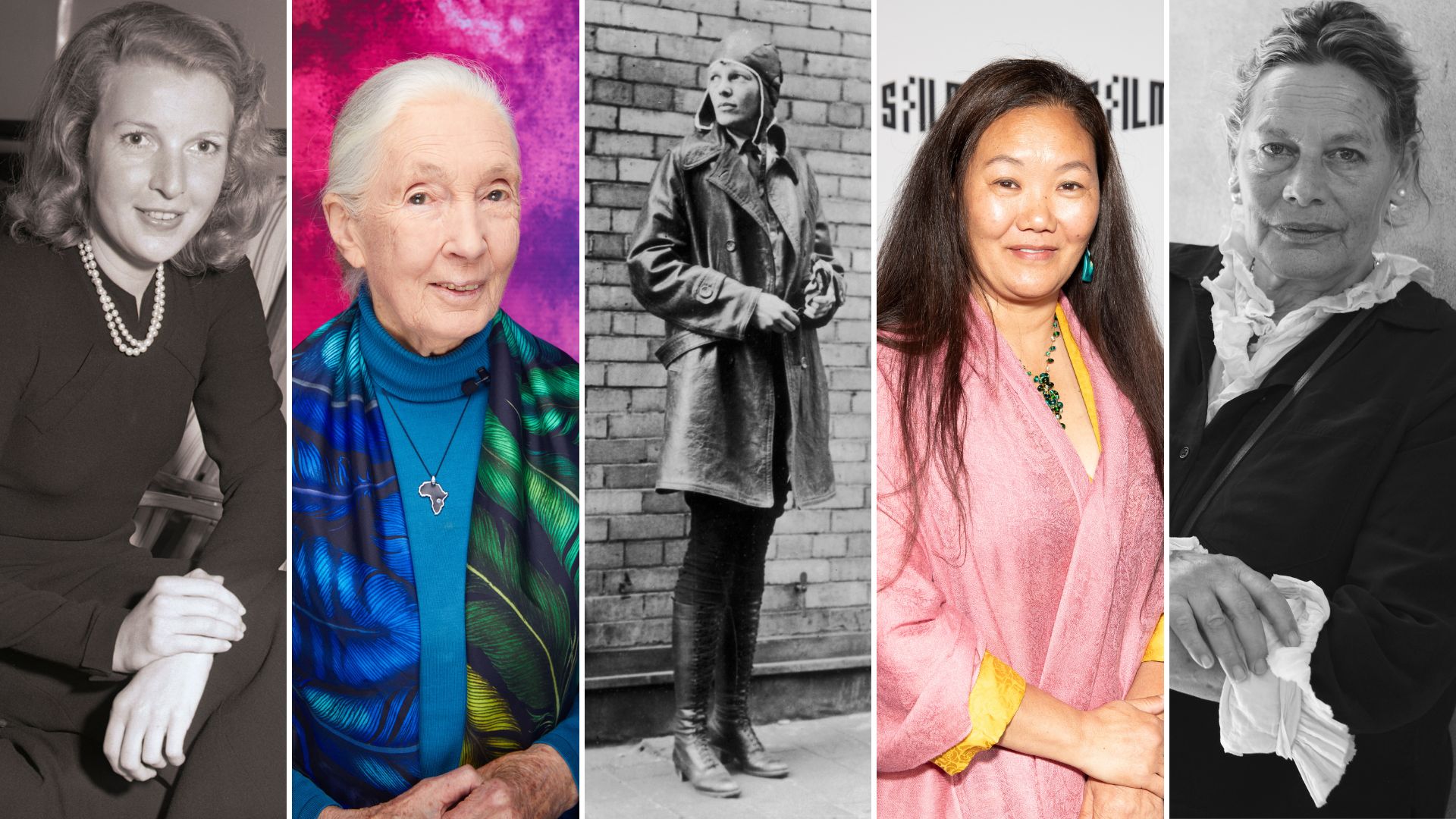
Since the beginning of time, women have traversed the globe looking for adventure, new experiences, and ways to test their resilience, defying patriarchal norms in the process.
These fearless characters, who often shun stereotypes in favour of alternative ways of living are truly inspirational, and while historically only the very wealthy were privileged enough to break free, recent years have seen the emergence of trailblazing adventurers from all walks of life partaking in extreme journeys and expeditions. One only has to look to Nepal’s Lhakpa Sherpa, who summited Mount Everest at the age of 49 for the tenth time. From humble beginnings, her dedication and pure love for hiking the Himalayan mountain range stands out as one of the most remarkable stories of late.
And like Lhakpa Sherpa, many other fearless women have come before her, traversing the globe on arduous often dangerous expeditions in search of stories, adventure, and inner peace. Here, we spotlight some of the most incredible women who have changed the travel landscape, as we know it, forever.
Inspiring women who have shaped the travel landscape forever
Martha Gelhorn
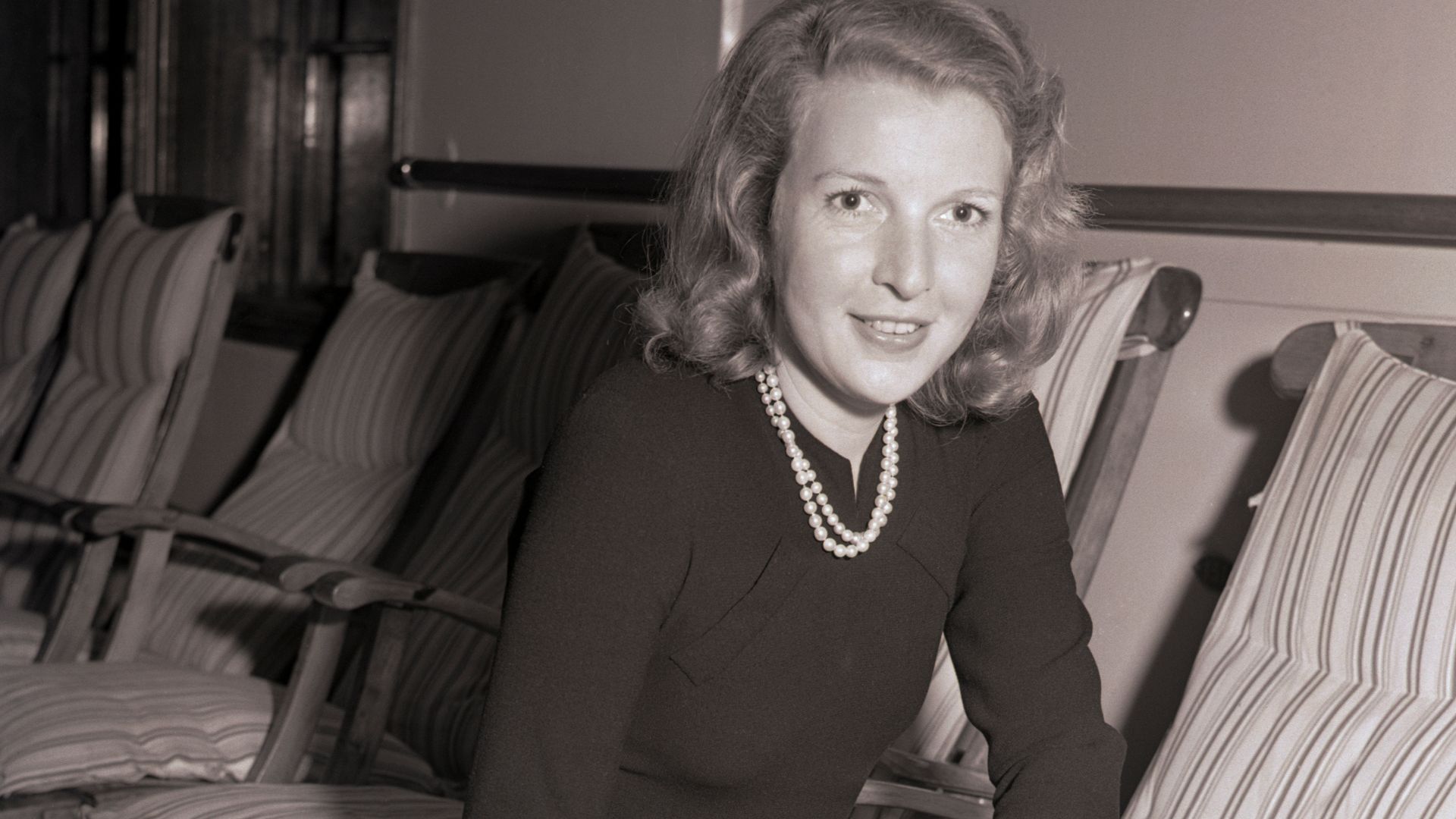
A true enigma, Martha Gelhorn travelled extensively as a war correspondent and novelist, visiting countries such as Myanmar, China, Spain, and Kenya during her esteemed career, oftentimes solo. Undeterred when her Second World War journalist credentials were denied she became the only woman to land on Normandy at D-Day in 1944 after illegally stowing away in the bathroom of a hospital ship, subsequently writing about the events for Collier’s magazine. One of her most fascinating books, Travels With My Self and Another: Five Journeys from Hell details Gelhorn’s most horrific travel experiences, from the rain-soaked wilds of remote China to her time travelling solo through East Africa, although parts are now outdated it’s well worth a read, with Gelhorn’s courage and tenacity shining out of every page.
Jane Goodall
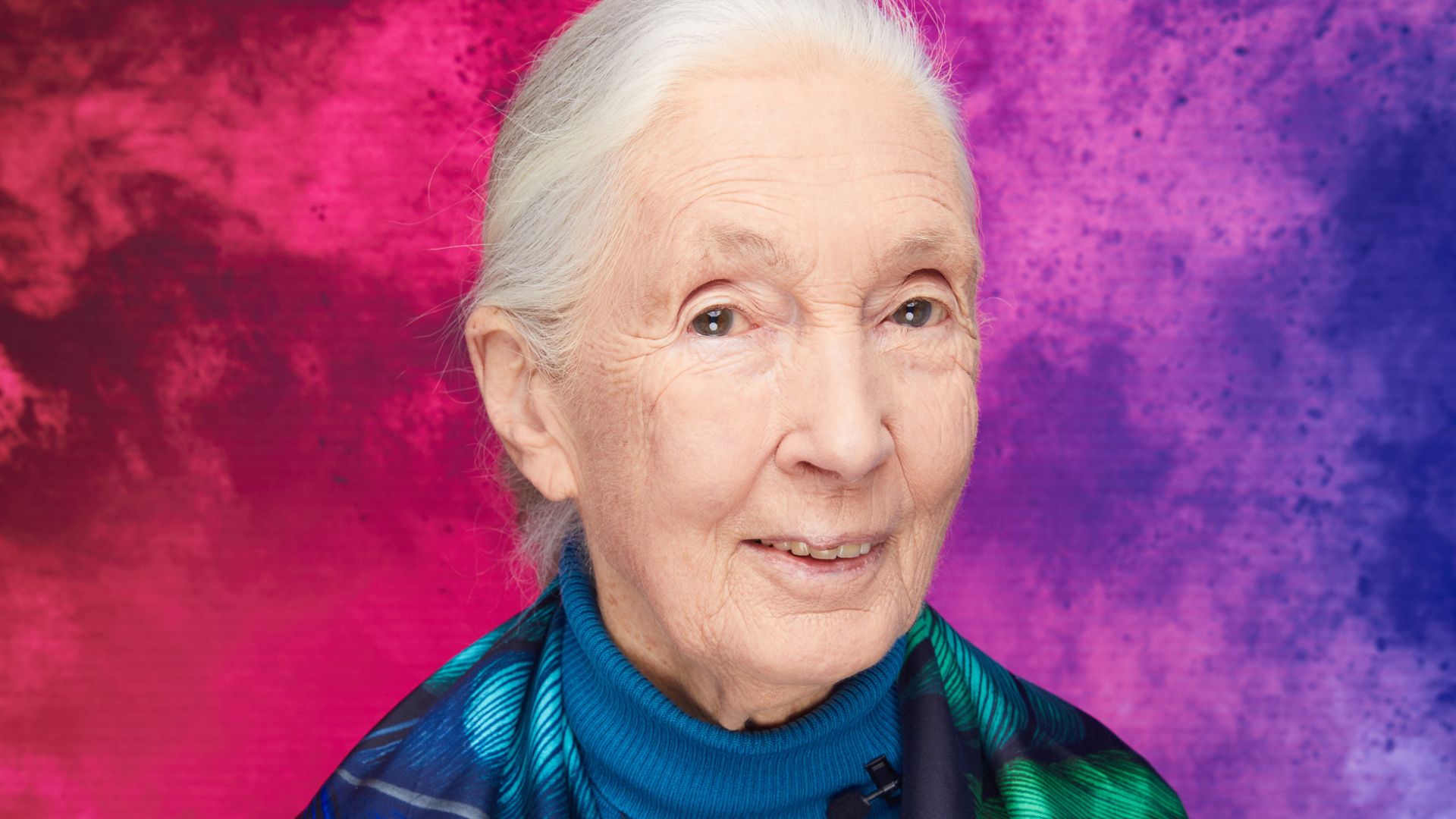
Jane Goodall has spent almost her entire life researching and observing the behaviour of chimpanzees in the Gombe Steam National Park in Tanzania, making her the world’s leading expert on the primates. She moved from England to Tanzania at the age of 26 and continued to dedicate her life and work to revolutionising wildlife conservation and our understanding of these incredible creatures. Today she travels the world speaking about the the environmental crisis and the threats to chimpanzees across equatorial Africa.
Dervla Murphy
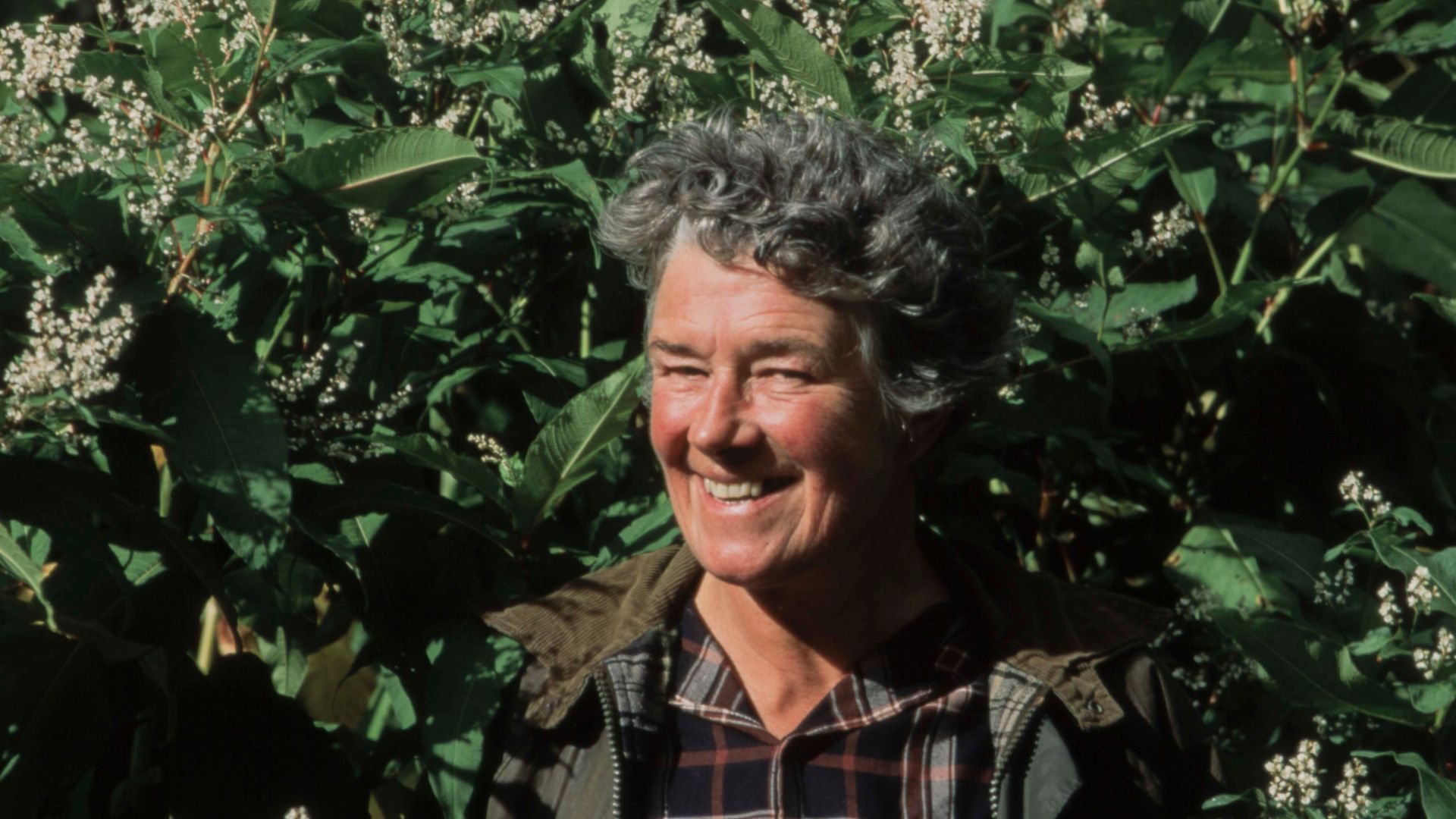
As one of the greatest adventure travel writers of our time, Dervla Murphy wrote over 20 books, including Full Tilt, a fascinating account of the author’s solo self-funded travels from Ireland to India, by bicycle. While Murphy was met with dangerous encounters and situations along the way she inspired countless curious women to get out of their comfort zone and see the world solo. In her later life, she spent time volunteering and advocating for anti-globalisation, as well as speaking out about climate change. After she died in 2022, The President of Ireland, Michael D. Higgins, said, "Her contribution to travel writing had a unique commitment to the value of human experience in all its diversity."
Aloha Wanderwell
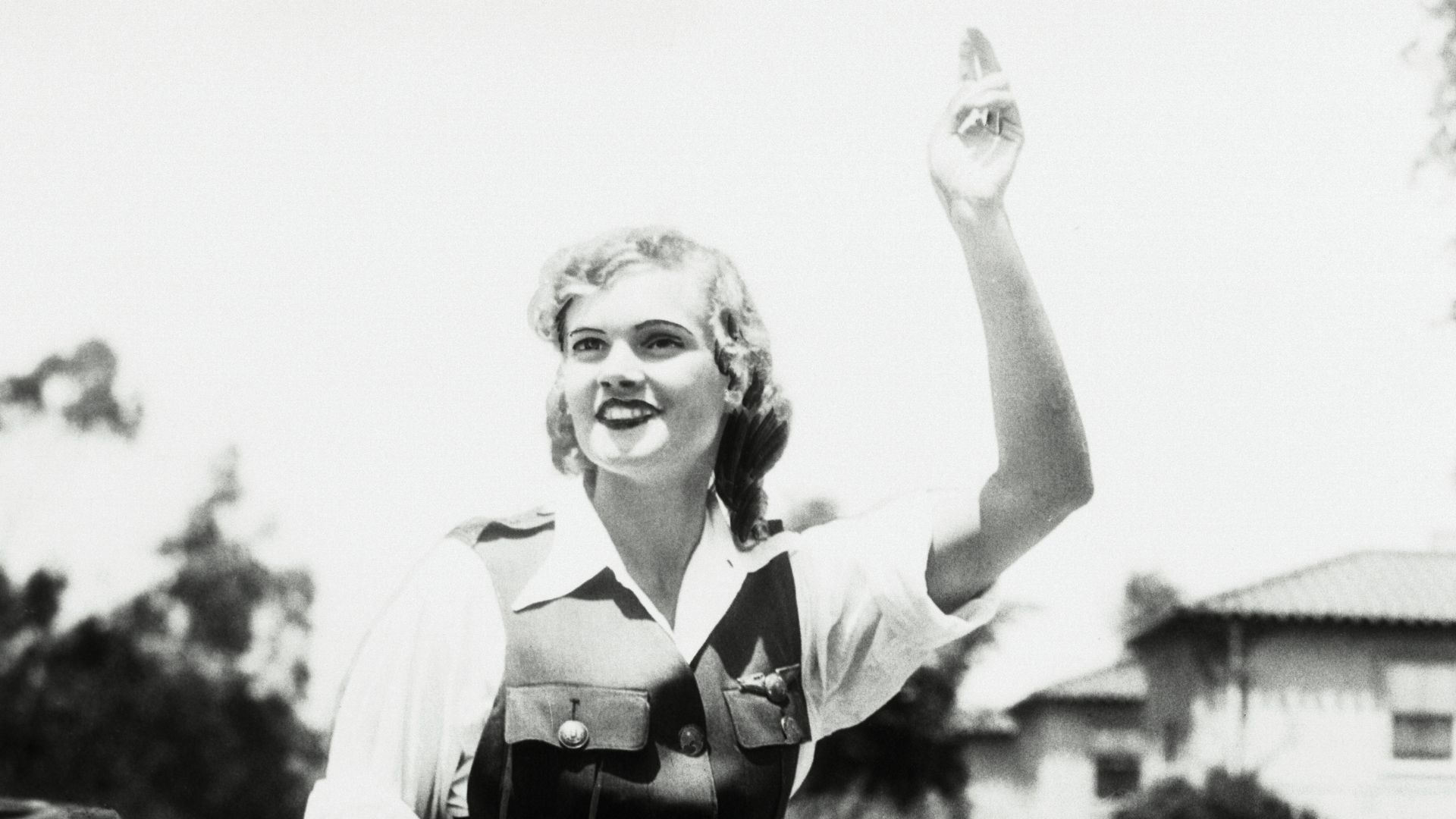
Canadian explorer Idris Galcia Hall, known now as Aloha Wanderwell was the first woman to circumnavigate the globe in a journey that spanned five years and 75 countries. Beginning when she was just 16, she drove around the world with a Polish adventurer known as Walter Wanderwell, in a 1918 Ford Model T, beginning and ending the journey in Nice, France. Following the epic journey, Wanderwell went on to have an exciting career as an explorer and documentary filmmaker, paving the way for future generations of adventurous women.
Cheryl Strayed
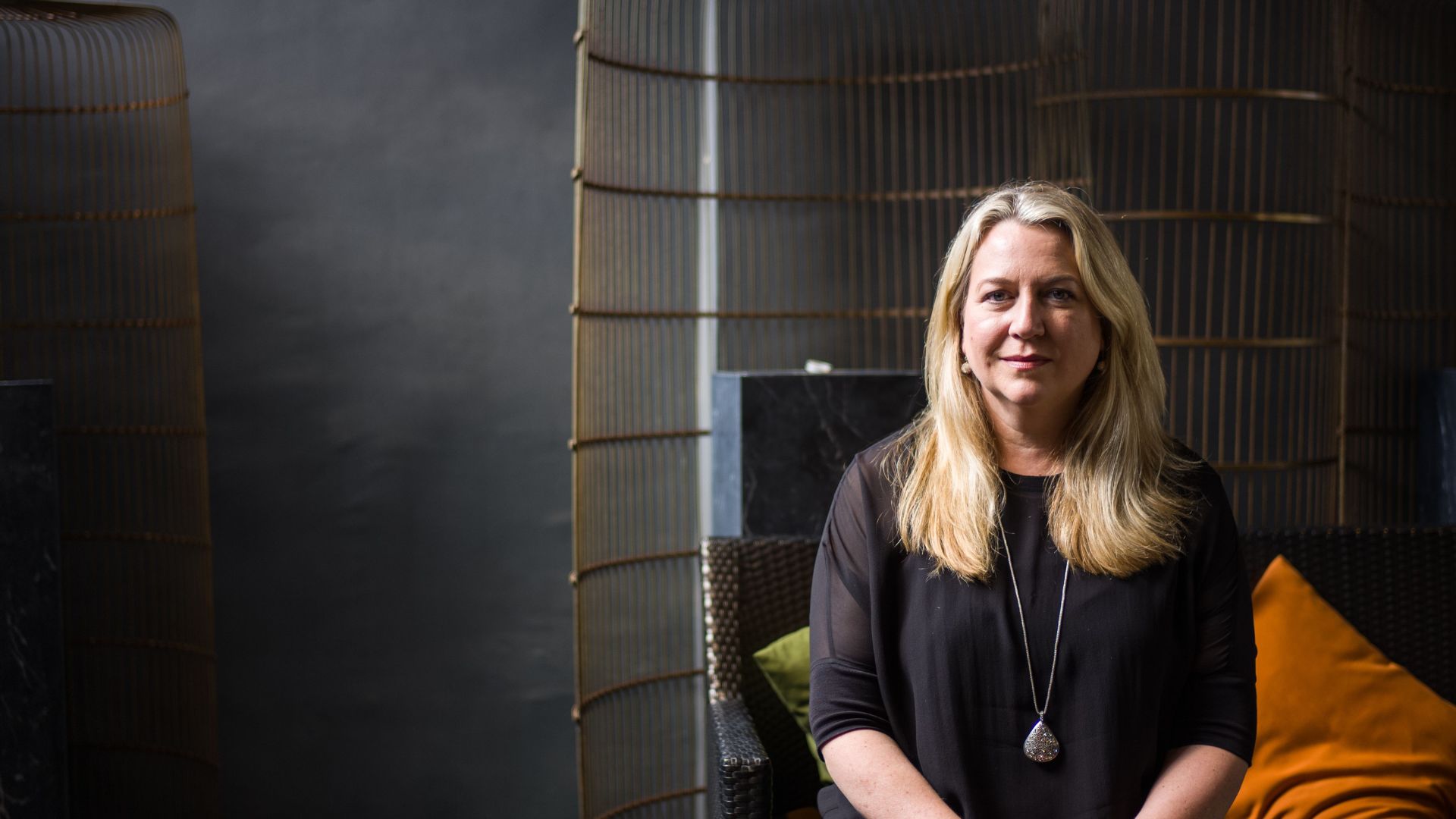
Struggling with grief, a marriage breakdown and addiction, Cheryl Strayed set out on a 1,100 mile solo hike at the age of 26, forming the base of her memoir Wild: From Lost to Found on the Pacific Crest Trail. The journey of self-discovery describes the challenges and spiritual realisations the American author went through when hiking the Pacific Crest Trail beginning in the Mojave Desert, continuing through California and Oregan before arriving in Washington some three months later. While the book did receive some criticism due to Strayed’s lack of hiking experience, it was later made into an Oscar-nominated movie by Reese Witherspoon's film company with Witherspoon playing the lead.
Gertrude Bell
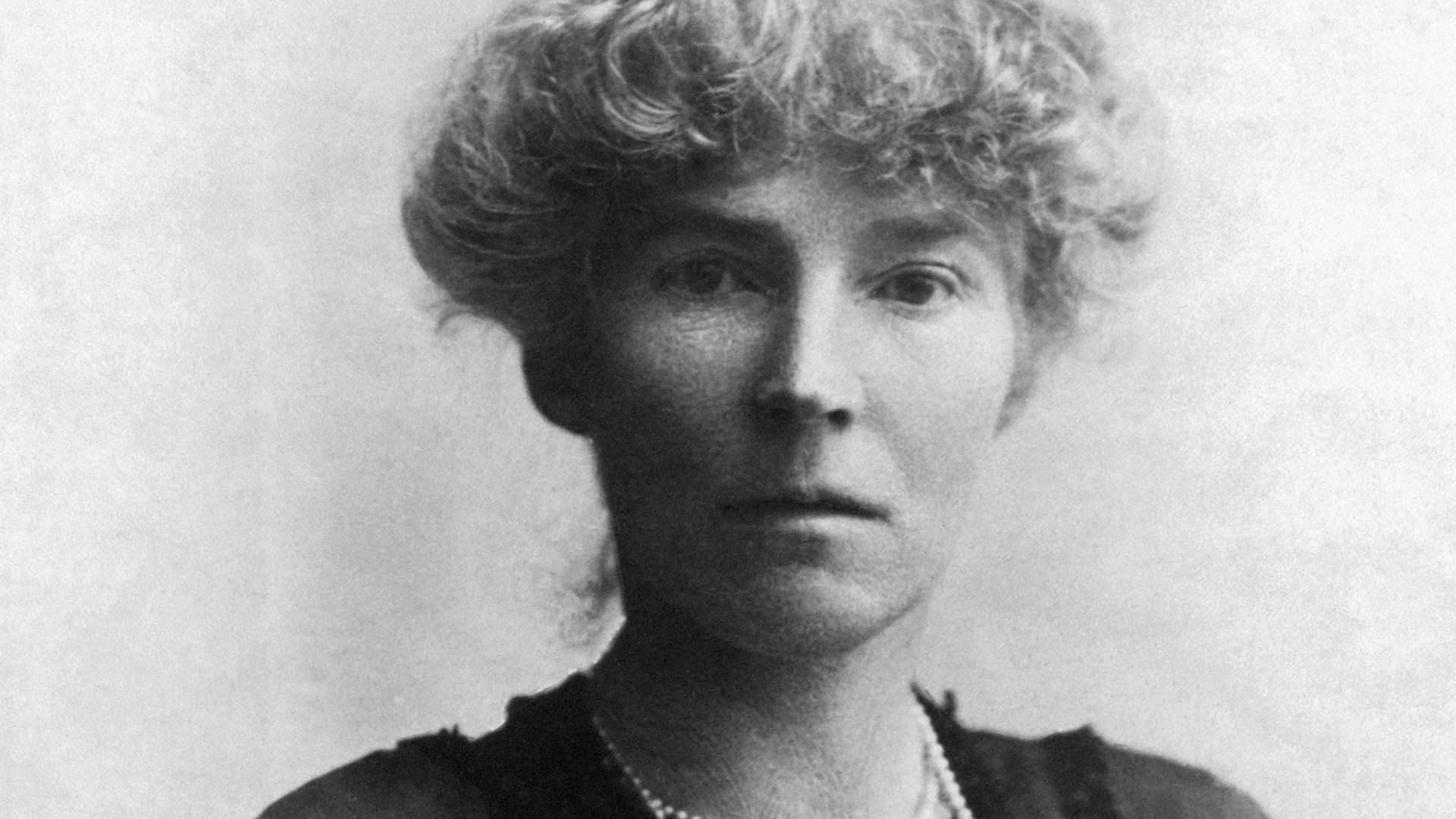
Gertrude Bell’s upper class background meant she was privileged enough to travel extensively, yet many of her journey’s were grueling and dangerous and she was never afraid to get out of her comfort zone. The mountaineer and explorer became an expert on the Middle East, first visiting Persia in 1892, and later publishing a translation of the works of the Sufi poet, Hafez, since she could speak every dialect of Arabic and Persian. Famed for climbing the Matterhorn and Mont Blanc, she later undertook numerous desert expeditions through Syria, Jordan, Iraq and Iran, writing about the experiences in her travel books, before reporting on the Armenian genocide in 1915. She spent the last years of her life in Baghdad having made a significant contribution to the mapping of the Middle East and funding important archeological expeditions.
Kris Tompkins
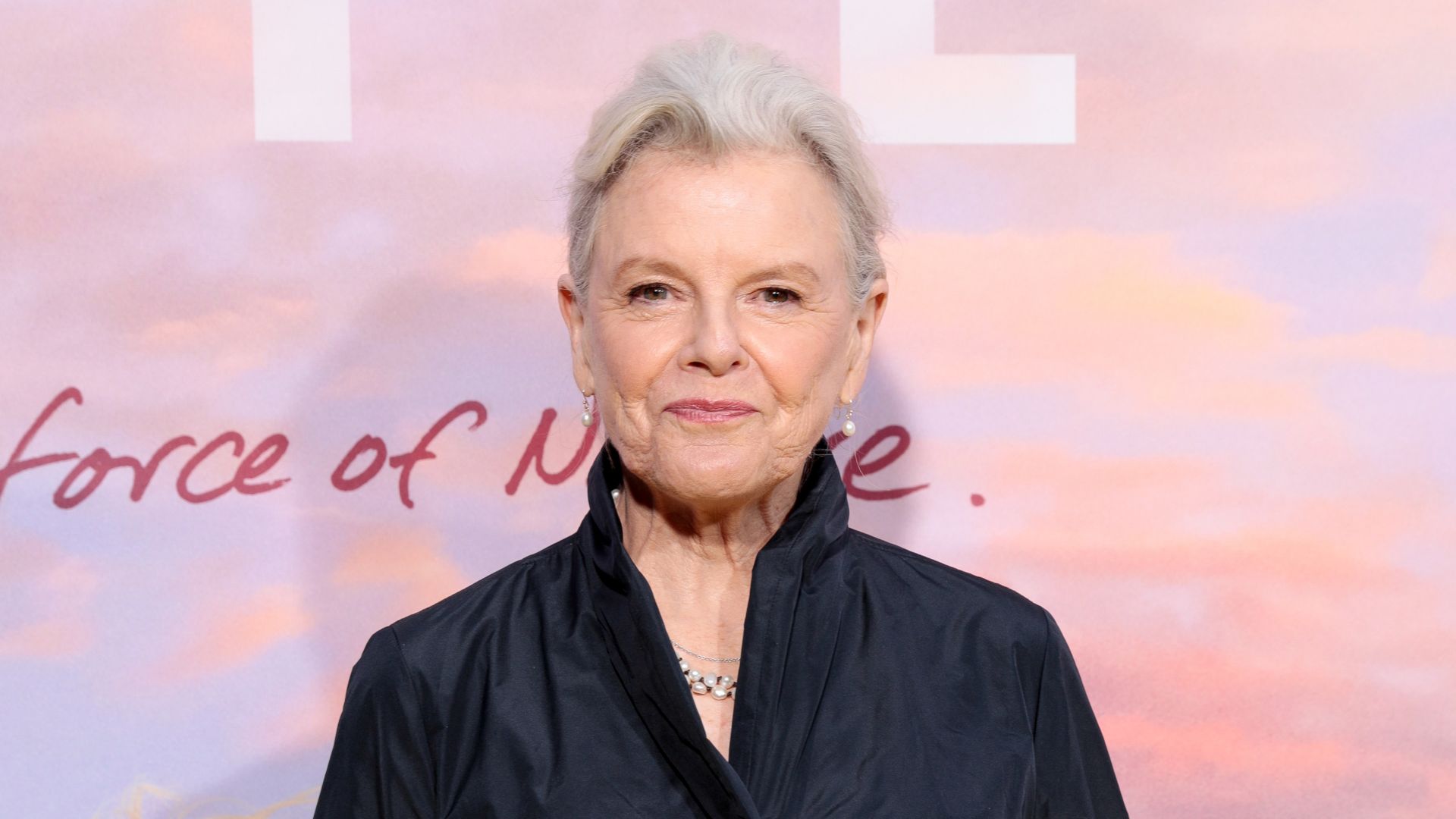
Passionate about restoring biodiversity and preserving the land and sea in and around Argentina and Chile, Kris Tompkins has been travelling to remote areas of Patagonia for decades. The former chief executive of the outdoor-apparel company Patagonia along with her late husband Douglas Tompkins are some of the most successful conservation philanthropists in history, having protected approximately 15 million acres of parkland in Chile and Argentina.
Inge Morath
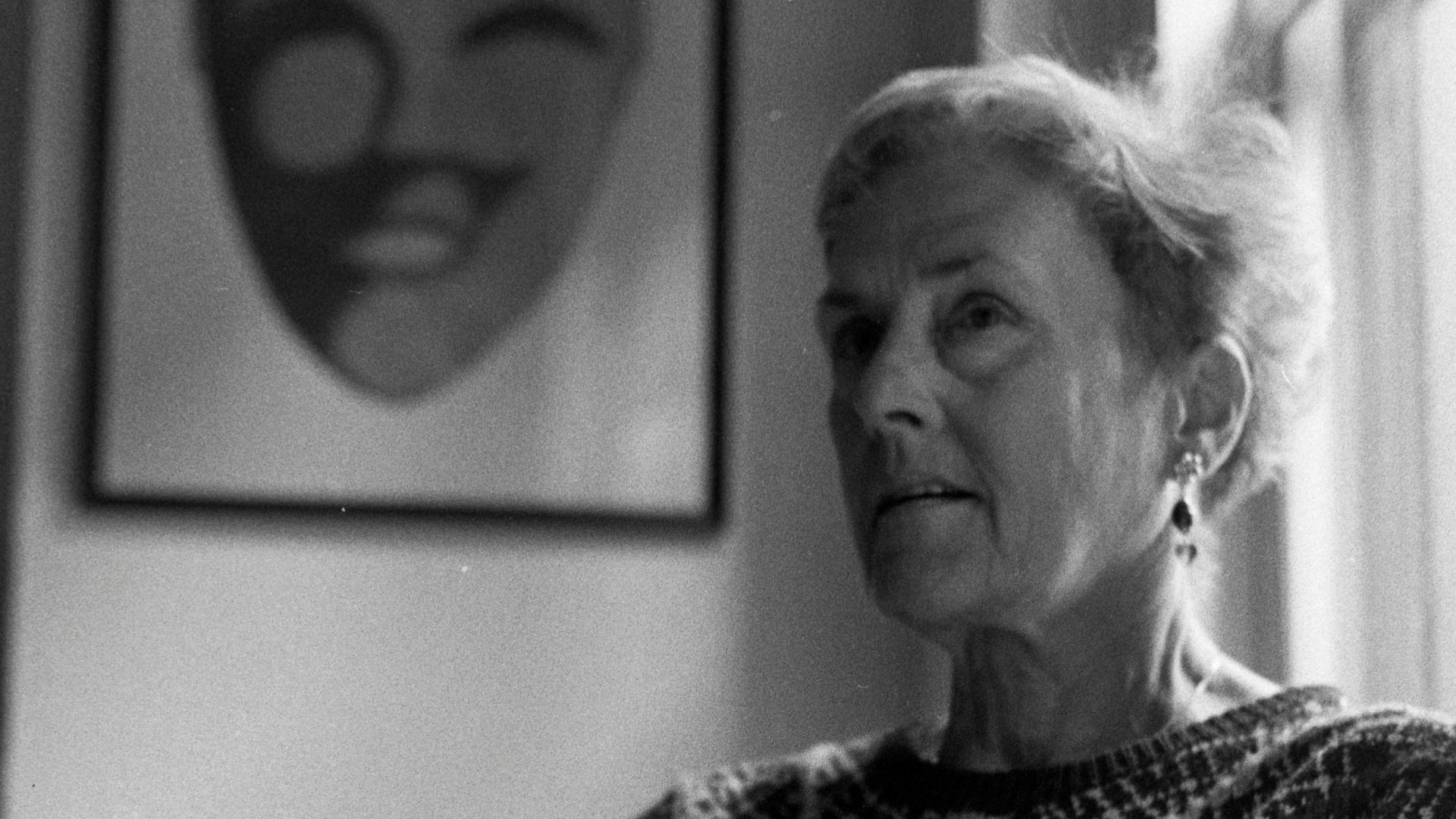
Photographer Inge Morath is perhaps most well known for her images of Marilyn Monroe, yet it’s her travel photography in Iran, as well as her work as a translator and journalist that really marks her out from the crowd. At the age of 33, Morath travelled to Iran solo to document the country through photography capturing religion, dress, politics and commerce, noting the difficulty “to photograph there as a woman”. The resulting book filled with captivating imagery was a notable professional achievement in Morath’s career, pathing the way for female photojournalists today.
Robyn Davidson
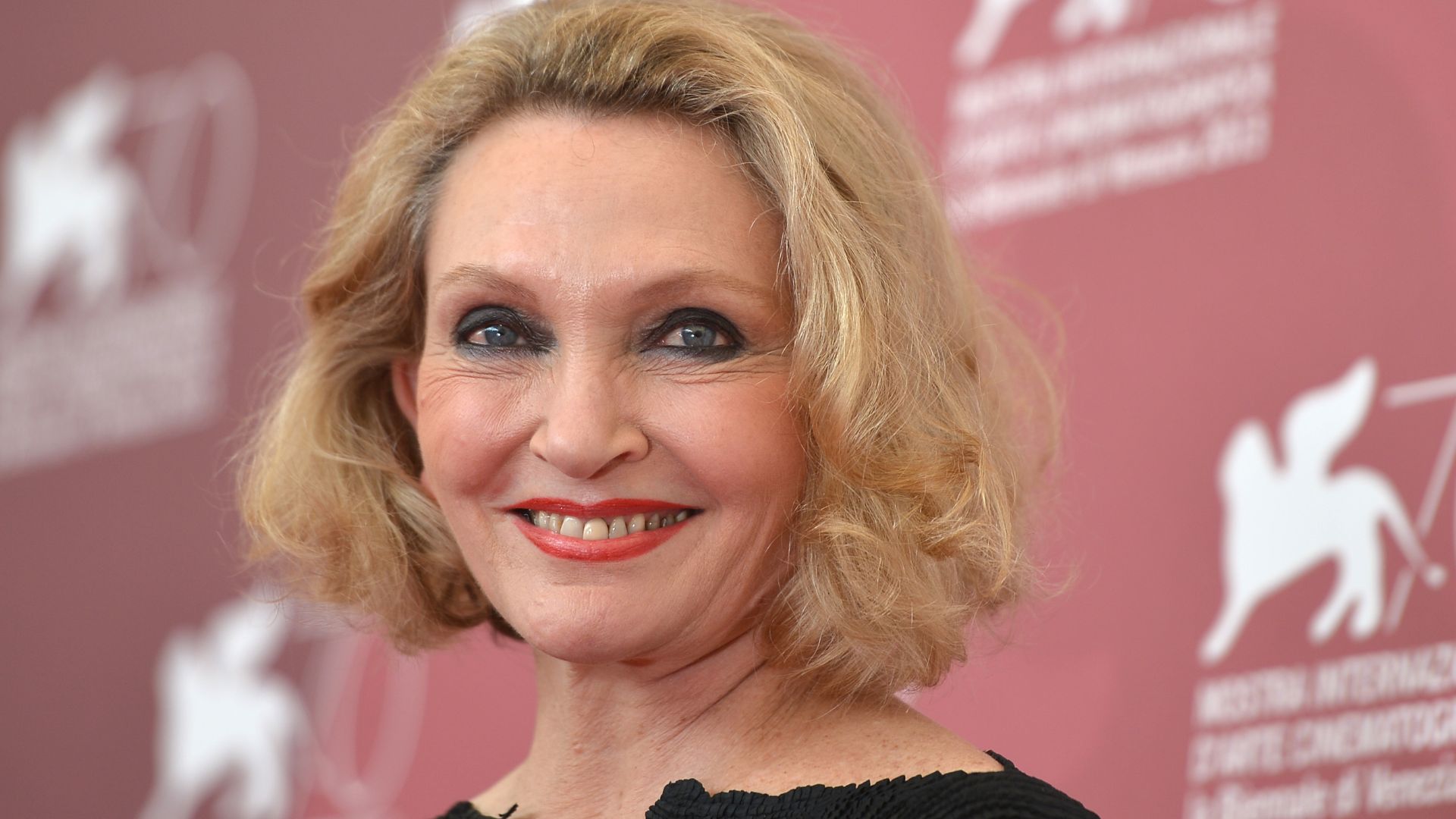
With a 40-year travel writing career, Robyn Davidson is perhaps best known for her book Tracks, detailing her incredible journey crossing the deserts of Western Australia using camels. The 2,700 km trek, beginning in Alice Springs took a total of nine months to complete, going on to form the base of her memoir following her articles about the feat being published in National Geographic. The book went on to become a film and in 2024, Davidson was awarded the Medal of the Order of Australia in the King's Birthday Honours List.
Martine Franck
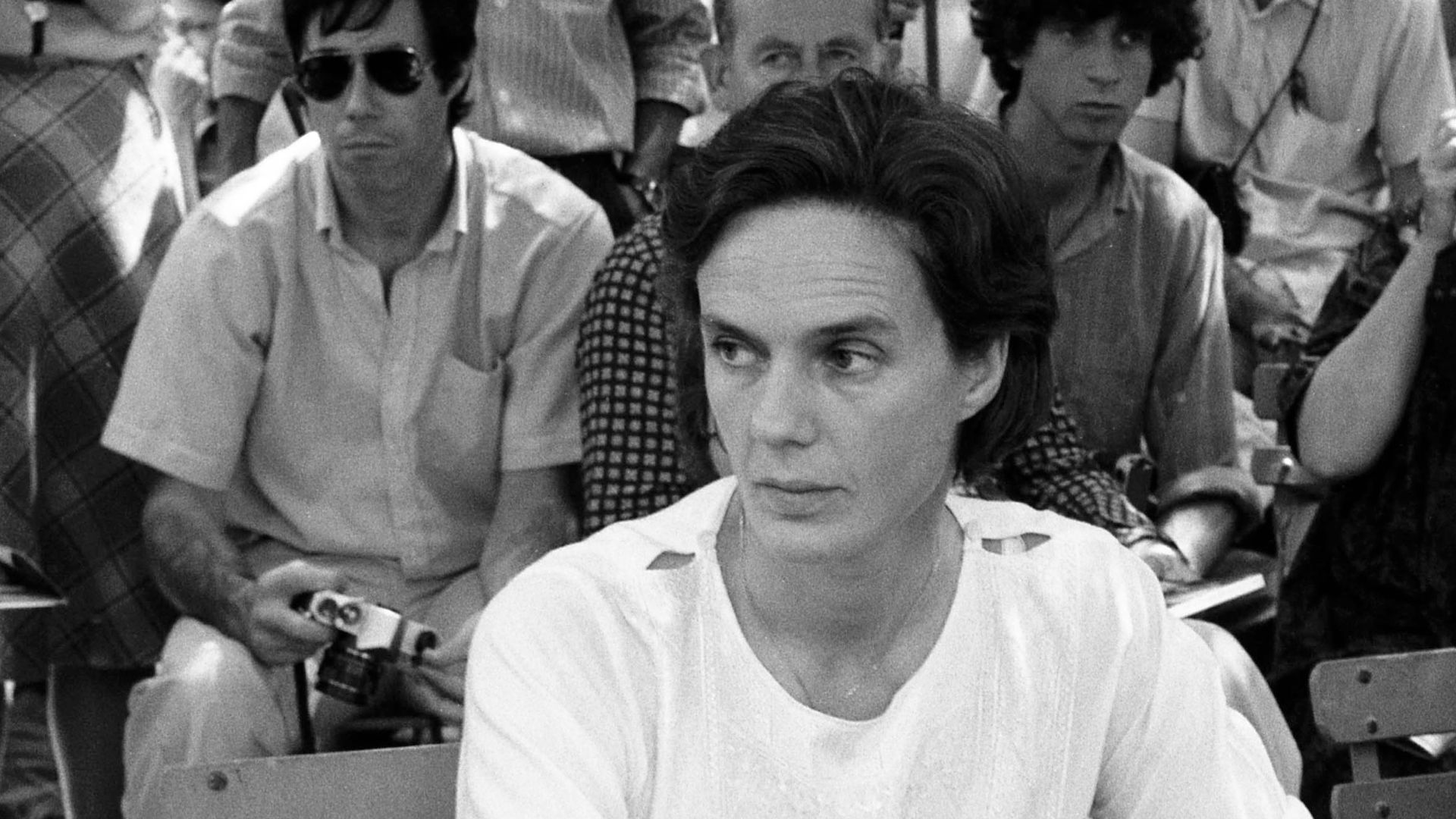
Documentary photographer Martine Franck worked tirelessly for over 40 years documenting remote or marginalised communities. Her work took her to the Far East, Tibet and Nepal with the resulting images being published across nine photography books. Michael Pritchard, the Director-General of the Royal Photographic Society, observed, "Martine was able to work with her subjects and bring out their emotions and record their expressions on film, helping the viewer understand what she had seen in person. Her images were always empathetic with her subject."
Noo Saro-Wiwa
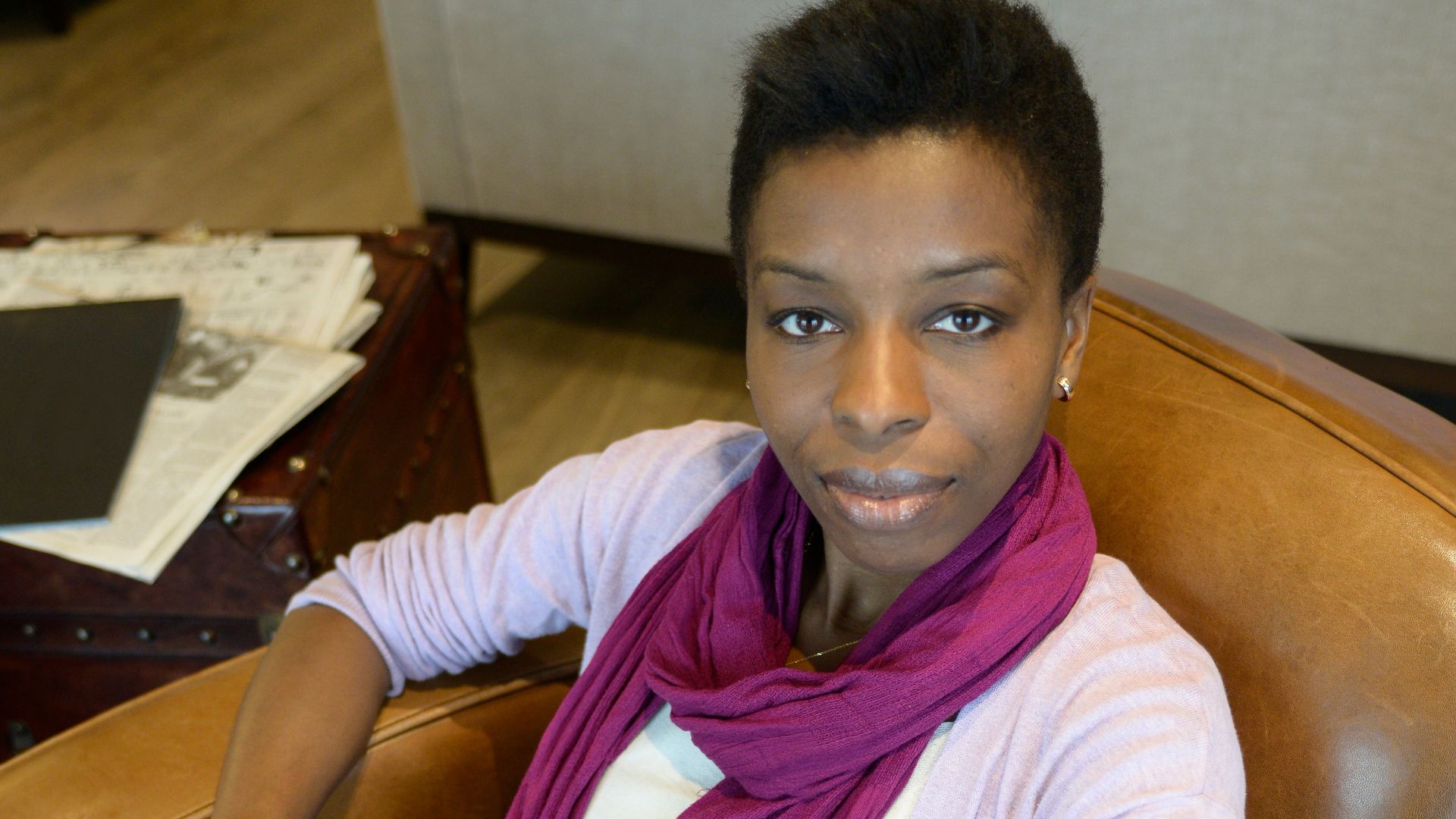
With two books under her belt, travel writer Noo Saro-Wiwa gained recognition in 2012 when her first book, Looking for Transwonderland: Travels in Nigeria, was named The Sunday Times Travel Book of the Year and The Guardian included it among its 10 Best Contemporary Books on Africa. Saro-Wiwa’s travels through China form the base of her latest book, Black Ghosts, where the author takes a specific look at the African community in the East Asian country. Travel writer Paul Theroux describes her as “a brave and resourceful traveller-interrogator - outstanding in the so-called travel writing genre.”
Lhakpa Sherpa
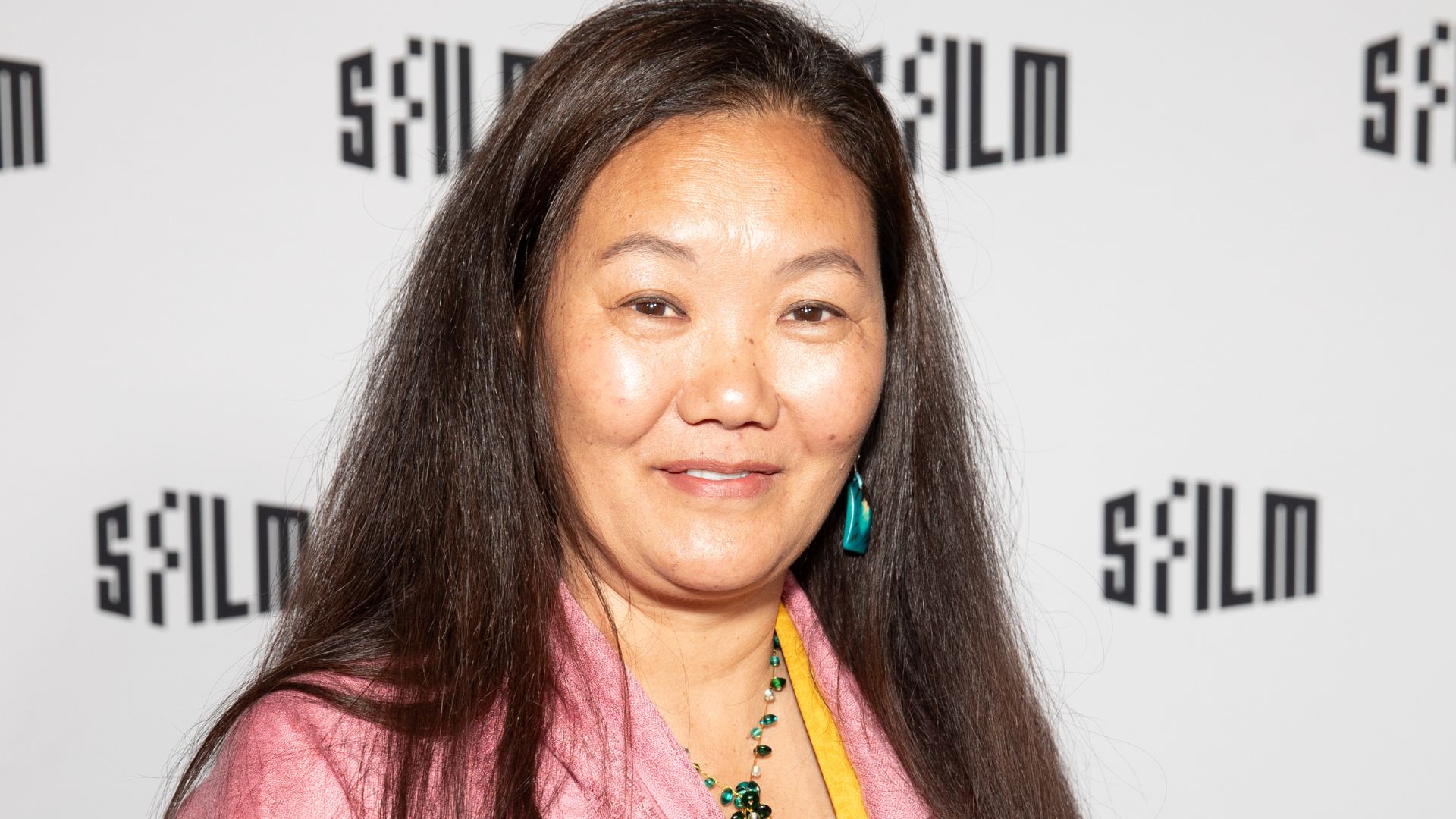
Inspiring and humbling in equal measure is Lhakpa Sherpa’s story - which has recently hit the streaming platform Netflix and is well worth a watch - showcases the mountaineering enigma in all her utter glory. Having summited Mount Everest a staggering 10 times throughout her life so far (with the last summit taking place when she was 49 years old) Lhakpa Sherpa will go down in history as one of the greatest adventurers of our time. Her latest venture saw the Neaplese-born mountaineer summit K2, the second highest and one of the deadliest mountains on earth.
Maggie Steber
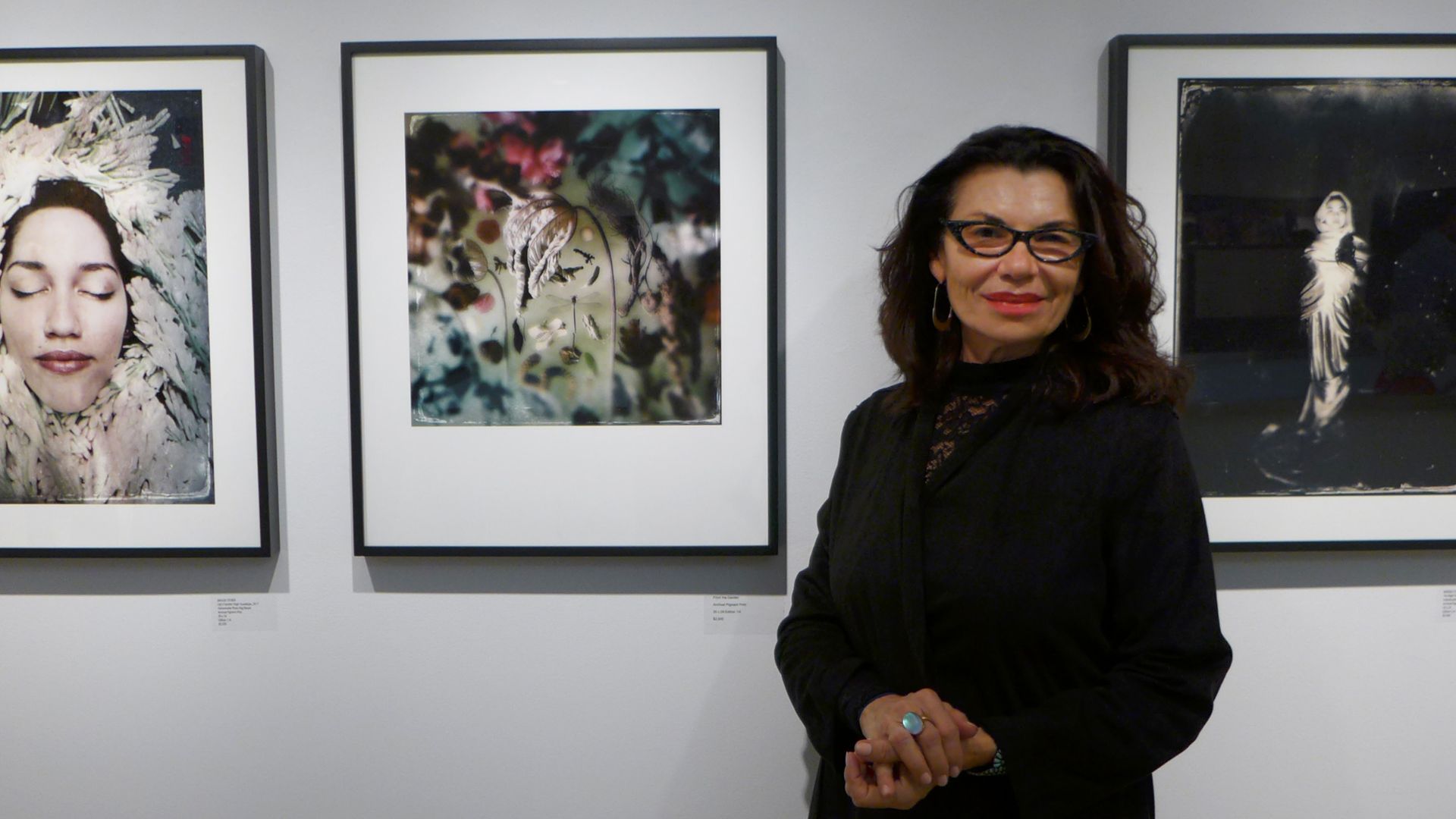
Having documented a wide range of issues through photography, including the African slave trade, Native American issues in the US and many natural disasters, Maggie Steber’s humanitarian stories ensured she was a Pulitzer Prize Finalist back in 2019. The extensively travelled photographer has worked in 64 countries including three decades in Haiti where she captured the images published in Dancing on Fire, a photography book chronicling Haiti’s tumultuous history, and the country’s struggle for freedom.
Freya Stark
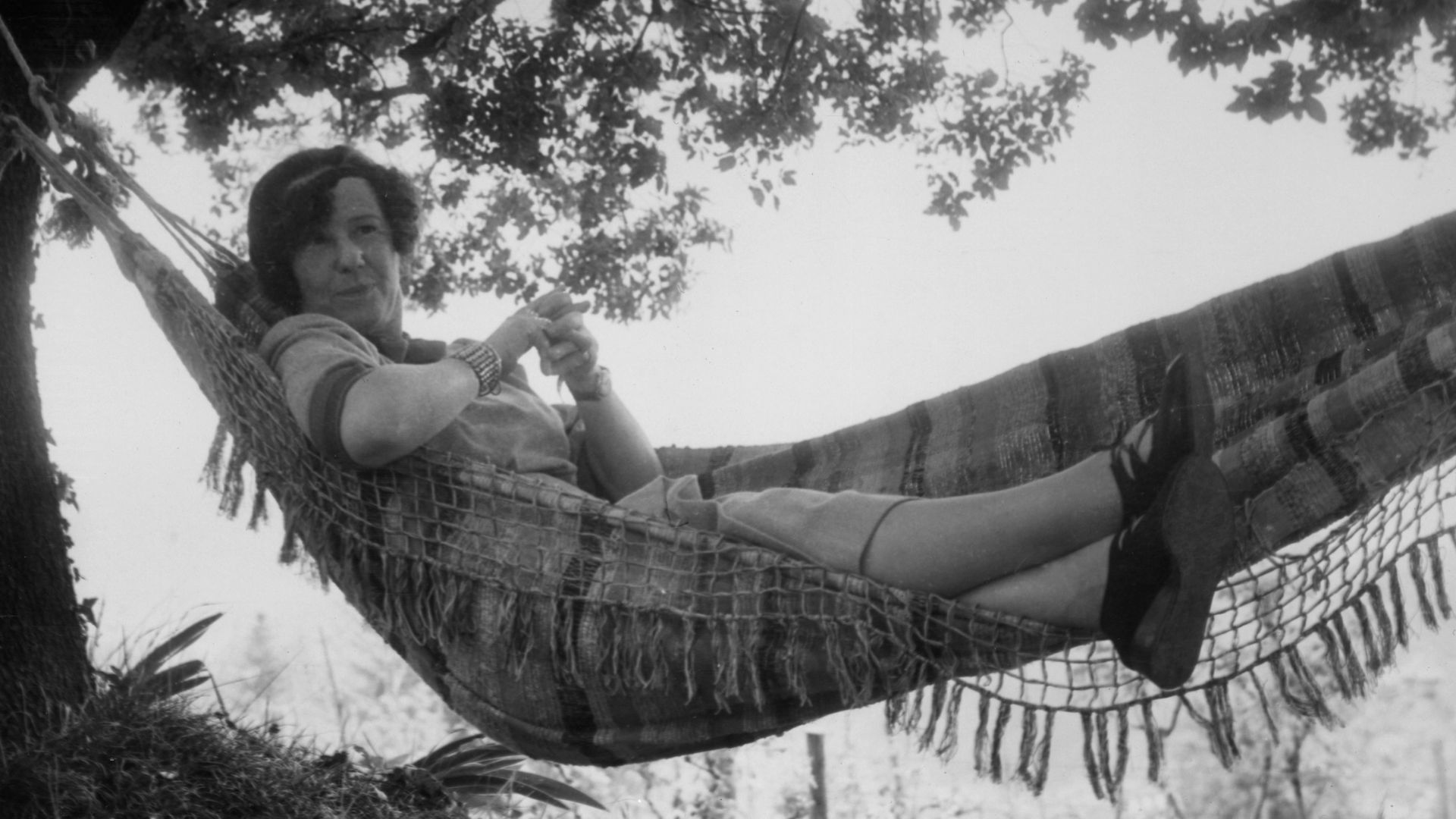
“To awaken quite alone in a strange town is one of the most pleasant sensations in the world. You are surrounded by adventure” is one of Freya Stark’s most famous quotes and sums up the solo adventurer’s travel ethos perfectly. As one of the first non-Arabs known to travel through the southern Arabian Desert, she travelled secretly by donkey through Syria and Lebanon, later writing about the repressive French regime she witnessed and the abuse inflicted on the Syrian people.
Deborah Levy
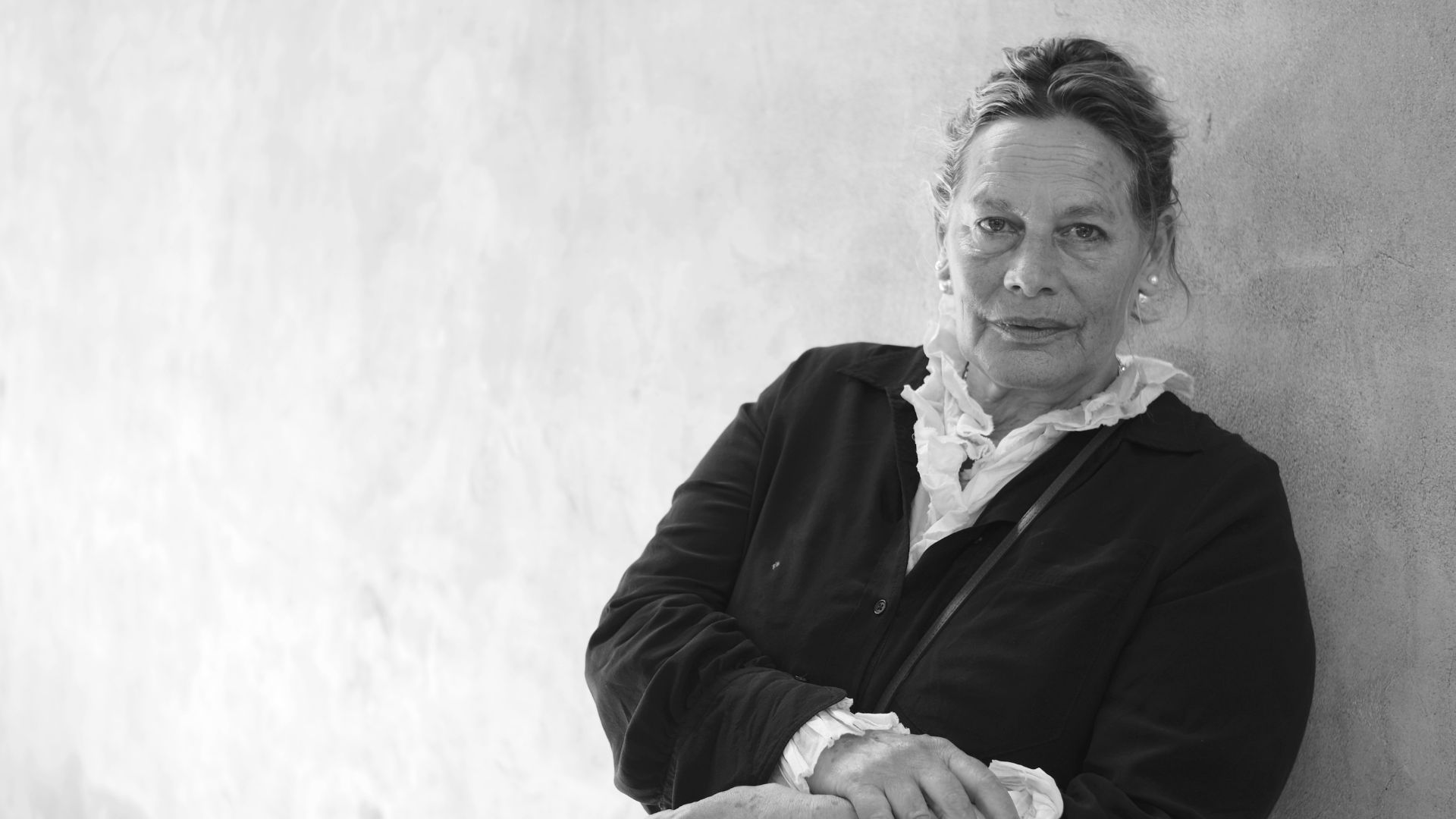
As the author of many beautifully written books, most of which showcase stunning locations across the globe, Deborah Levy has gained a cult following with her captivating writing that is filled with emotion and glorious observance. Her three ‘living autobiographies’ challenge traditional ideas of what it is to be a woman and have helped countless women strike out on their own. Unlike any other author before her, Levy’s writing captures an essence of place so exquisitely it’s impossible not to fall in love with her books.
Nellie Bly
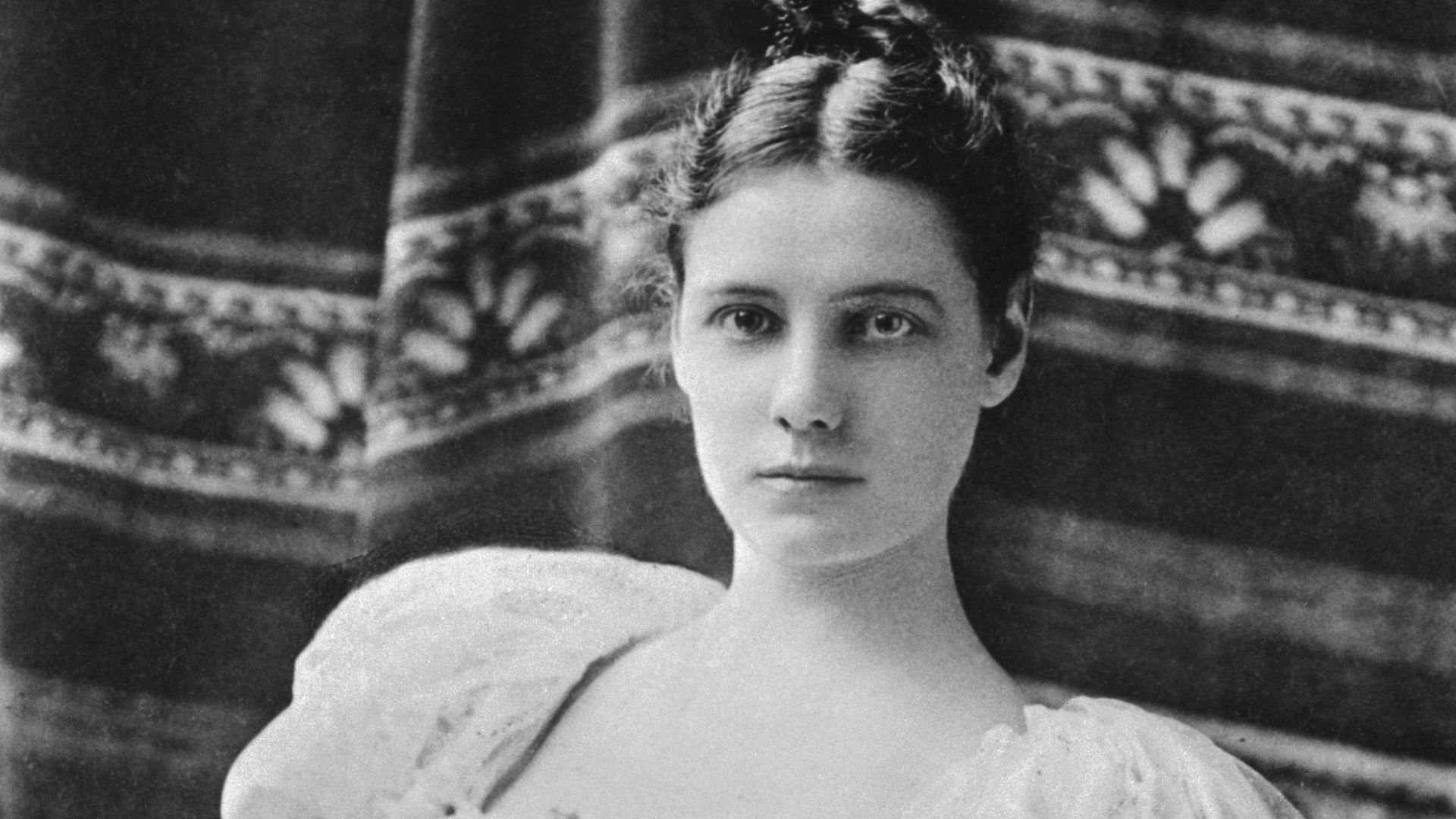
After struggling to get hired as a journalist in a completely male dominated environment, Nellie Bly took drastic measures to secure a job, including going undercover to report on a mental institution from within in a fascinating expose that helped launch a new kind of investigative journalism. The article ensured world fame for Bly who later went on to travel around the world in 72 days, inspired by the fictional story, Around the World in 80 Days. Documenting her crusade for the New York World, Bly began her 24,898 mile journey in 1889, and indeed succeeded in circumnavigating the globe alone, in turn setting a new world record.
Ami Vitale
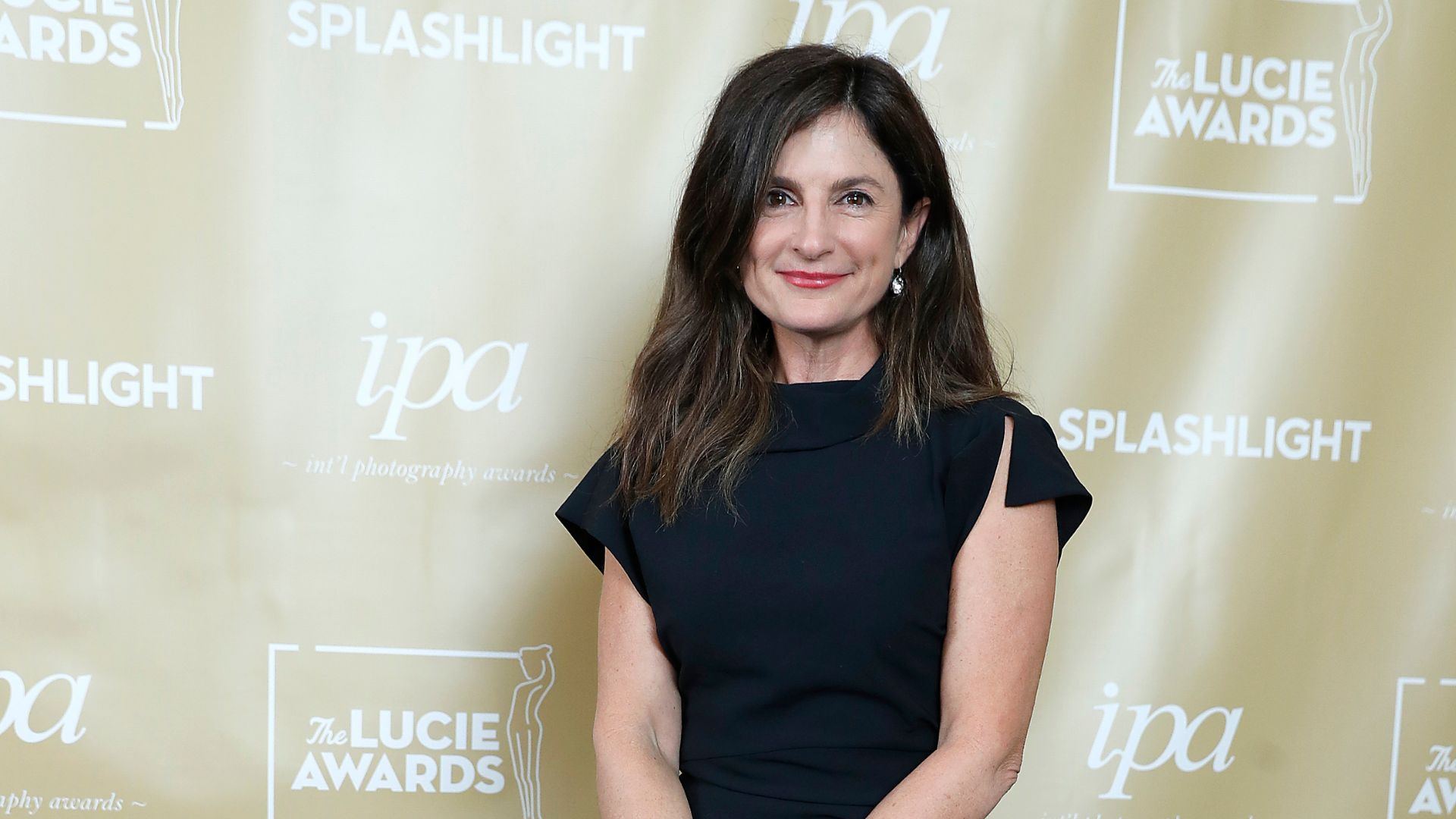
National Geographic photographer Ami Vitale has travelled to more than 100 countries documenting the heartbreaking realities of war. Her foundation, Vital Impacts, is a women-led, non-profit which uses art and storytelling to support people and organisations who are protecting our planet.
Grace Marguerite Hay Drummond-Hay
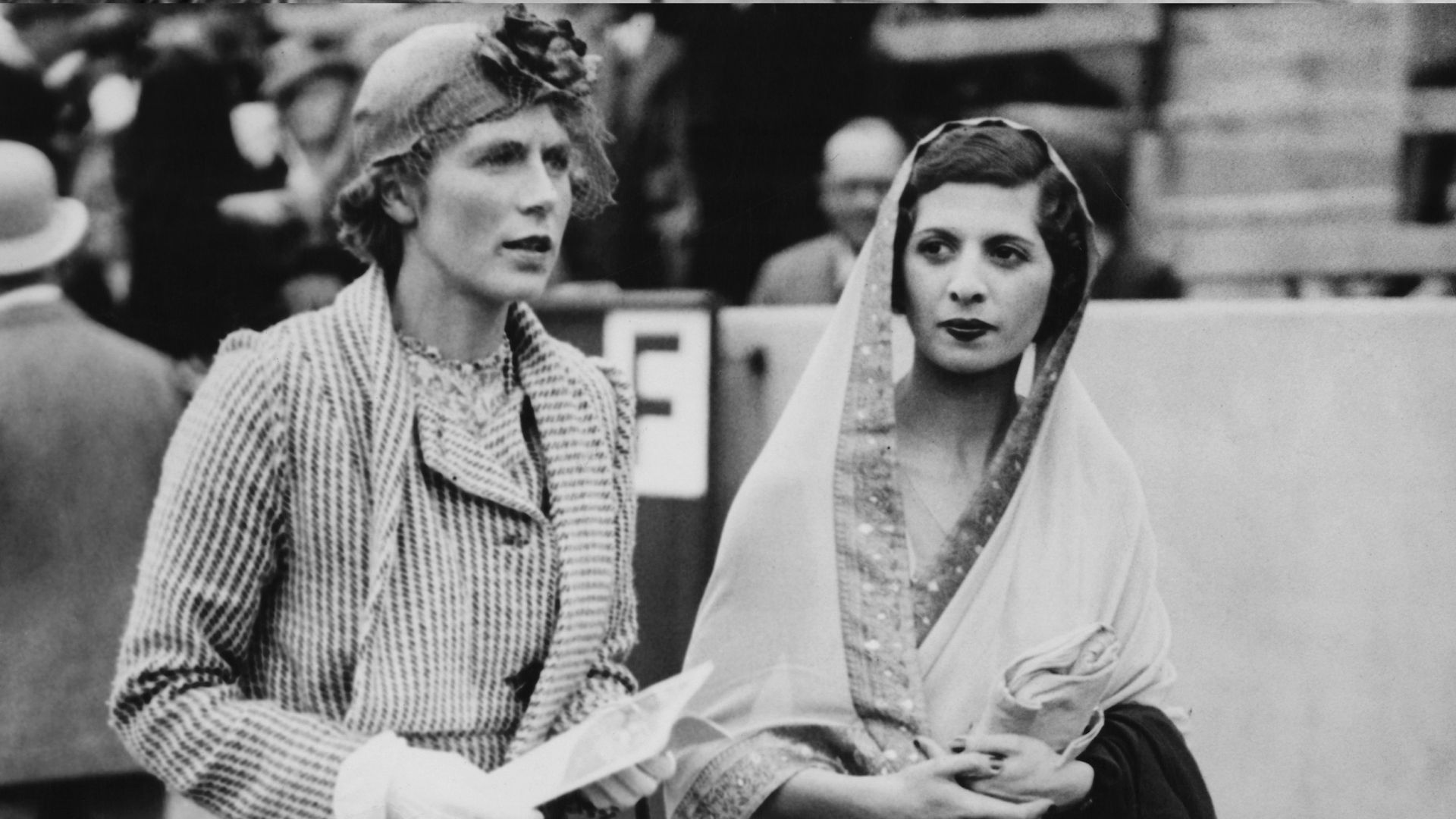
As the first woman to travel around the world by air (in a zeppelin), Grace Marguerite Hay Drummond-Hay went on to have an esteemed career as a foreign correspondent and journalist. Her investigations took her to Ethiopia, China, and the Philippines where she was imprisoned in a Japanese camp.
Amelia Earhart
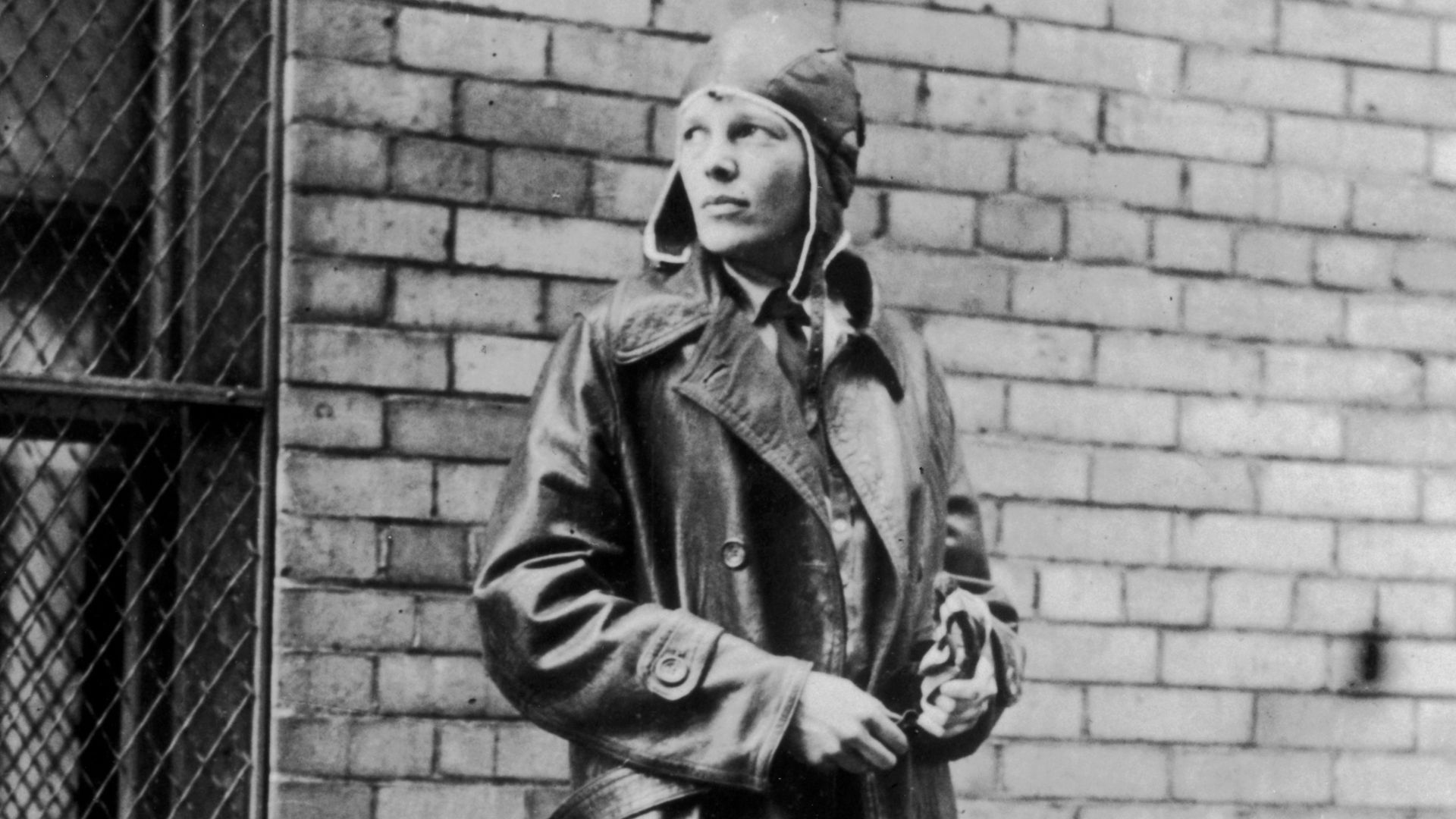
With a keen interest in aviation, Amelia Earhart became the very first woman to fly solo across the Atlantic Ocean in 1932. Taking close to 15 hours, the journey - which was blighted by several problems, including mechanical issues and treacherous weather - provided the basis of her book, The Fun Of It. Her love for flying prompted her to found an organisation of female pilots (known as the Ninety-Nines) to help encourage women to take up flying and reject societal norms. Later, she became the first woman to fly solo from LA to Mexico City. In 1937 Earhart disappeared over the Pacific Ocean along with Fred Noonan during an expedition to circumnavigate the world.
Junko Tabei
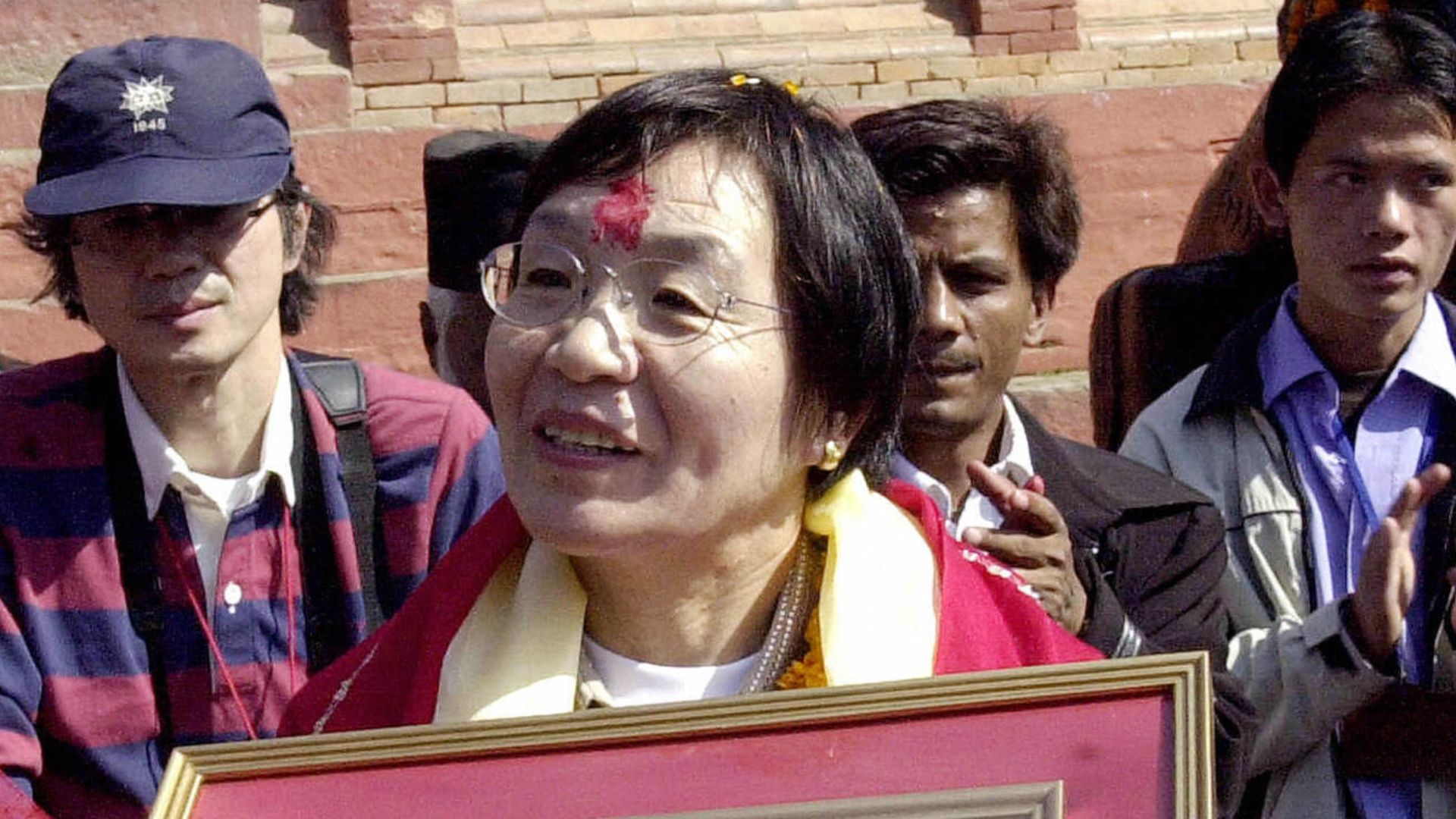
Junko Tabei was the first woman to reach the summit of the world's highest peak, Mount Everest in 1975 and later climbed every highest peak on each continent. The Japanese mountaineer became a sensation in the climbing world, inspiring countless women to follow their dreams. Tabei smashed constructs with her incredible feats, even creating her own Ladies Climbing Club.
Aphra Behn
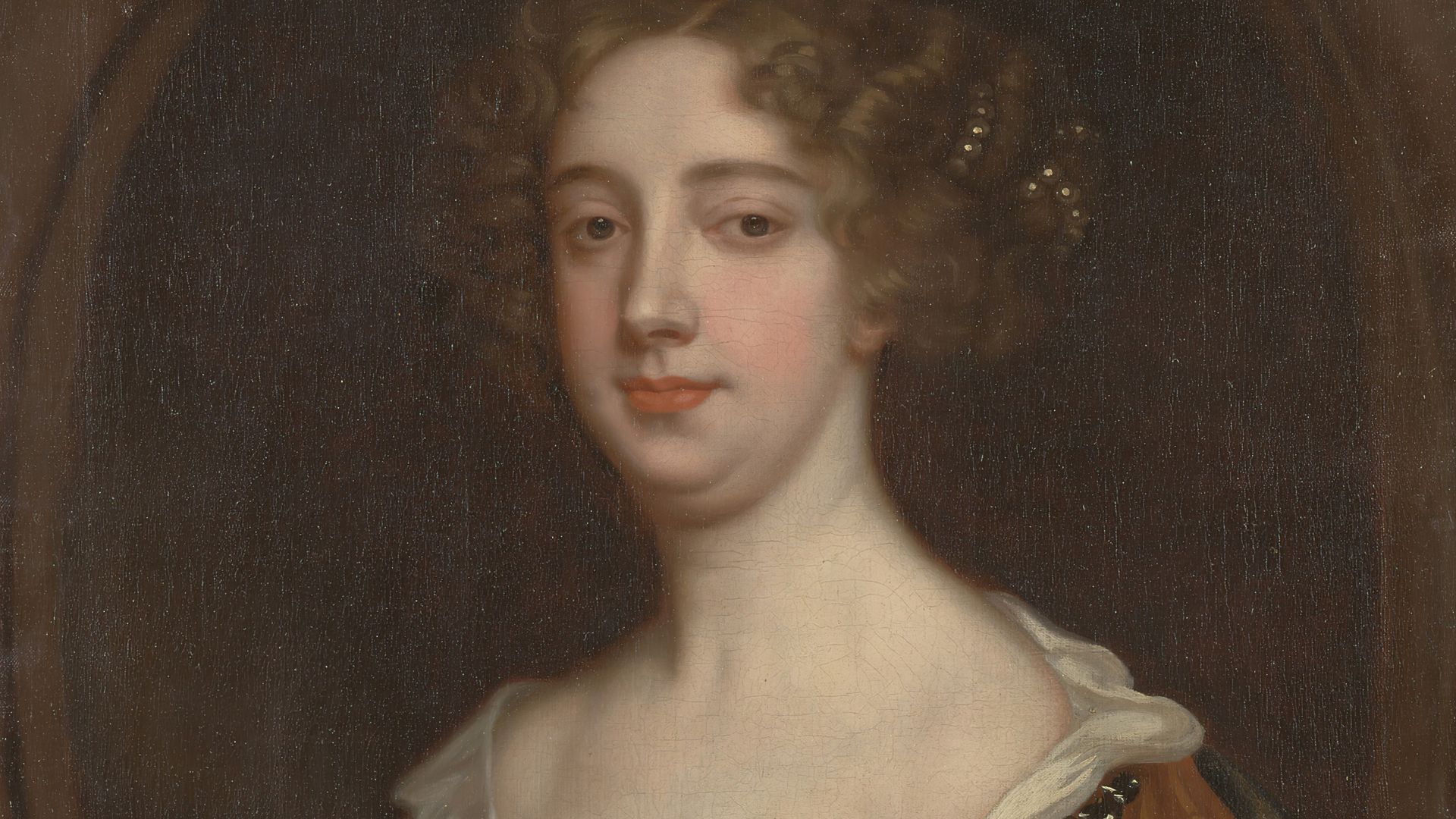
Breaking cultural barriers, Aphra Behn was one of the first English women to earn a living by her writing. A role model for later generations of female authors, Behn travelled to the Netherlands as a spy for King Charles II and often used her travels to inspire her work. Celebrated for her concern for equal rights, Behn became a true literary icon during her relatively short life.
Mary Kingsley
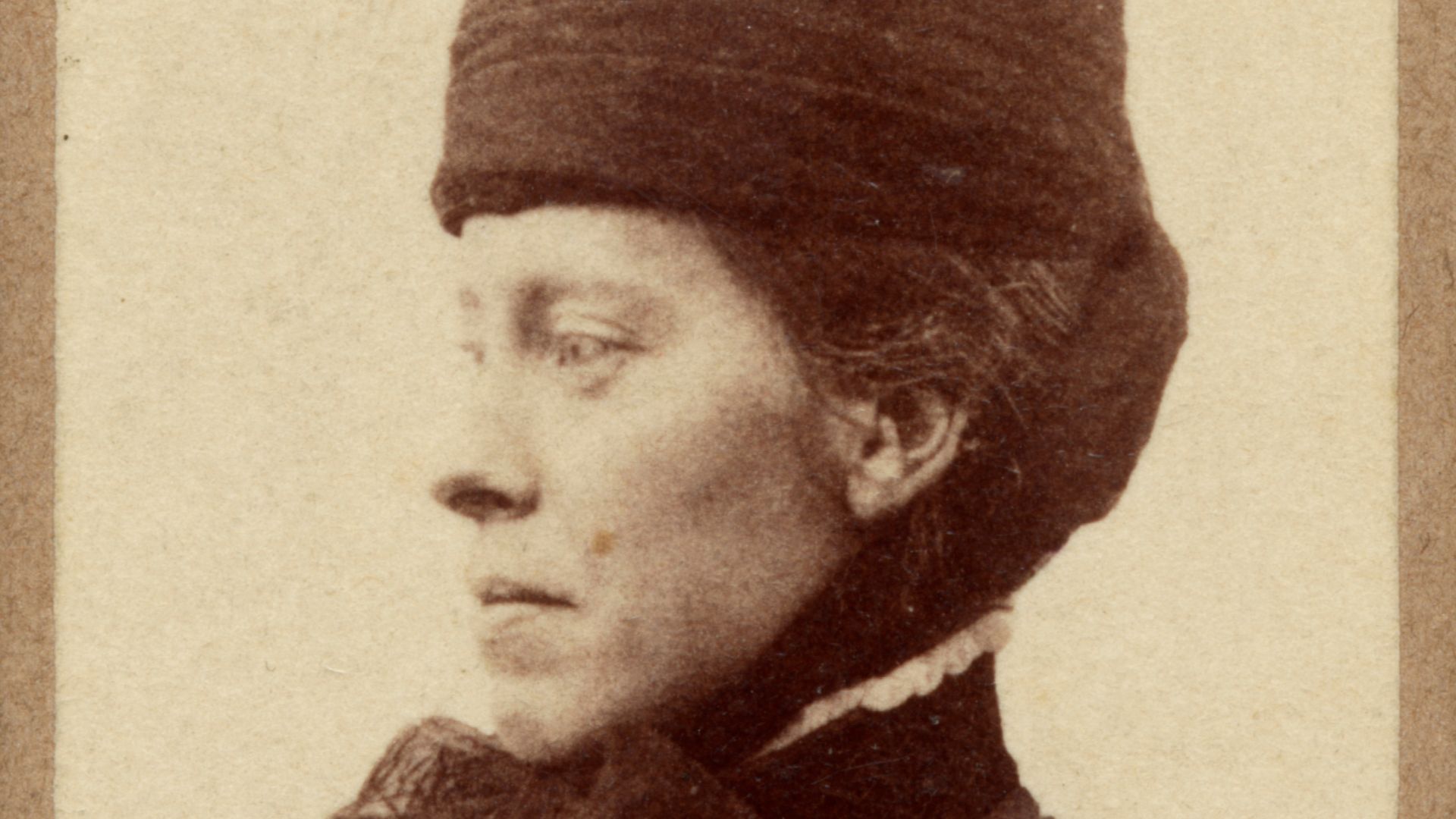
As a writer and explorer Mary Kingsley travelled extensively through West Africa, detailing her experiences and cultural observations in countless books. She was the first European to enter parts of Gabon and subsequently undertook numerous research projects to various West African countries, before working as a nurse in the South African war. At a time when much of Africa was under colonial rule, Kingsley advocated for fair trade in West Africa and for African societies to run themselves by traditional values.
Isabella Bird
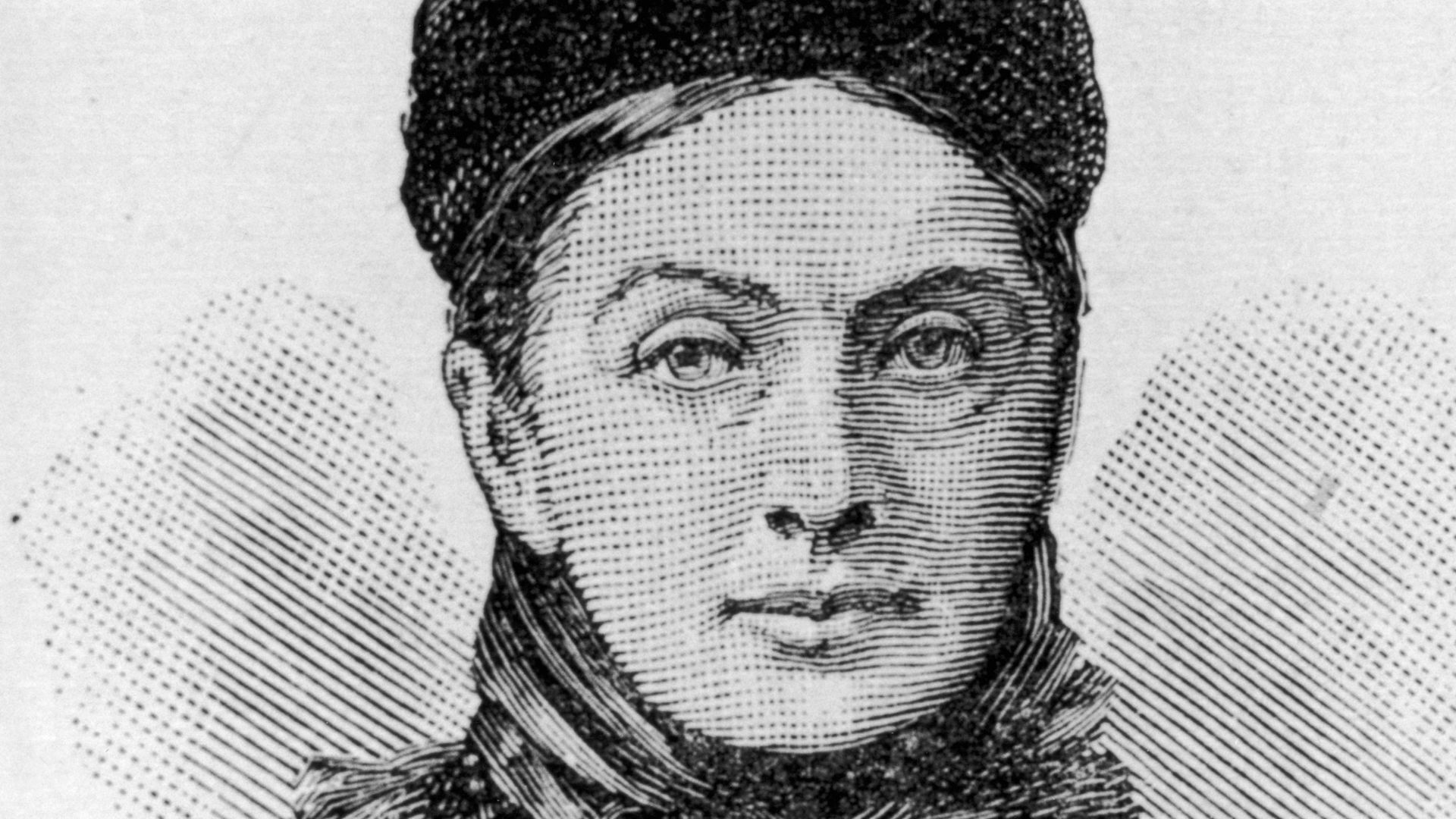
A true pioneer in travel, Isabella Bird wrote best-selling books about her journeys through every continent, aside from Antarctica. In 1892 she became the first woman elected a fellow of the Royal Geographical Society and alongside Fanny Jane Butler, she founded the John Bishop Memorial Hospital in modern-day Kashmir, India.
Fanny Bullock Workman
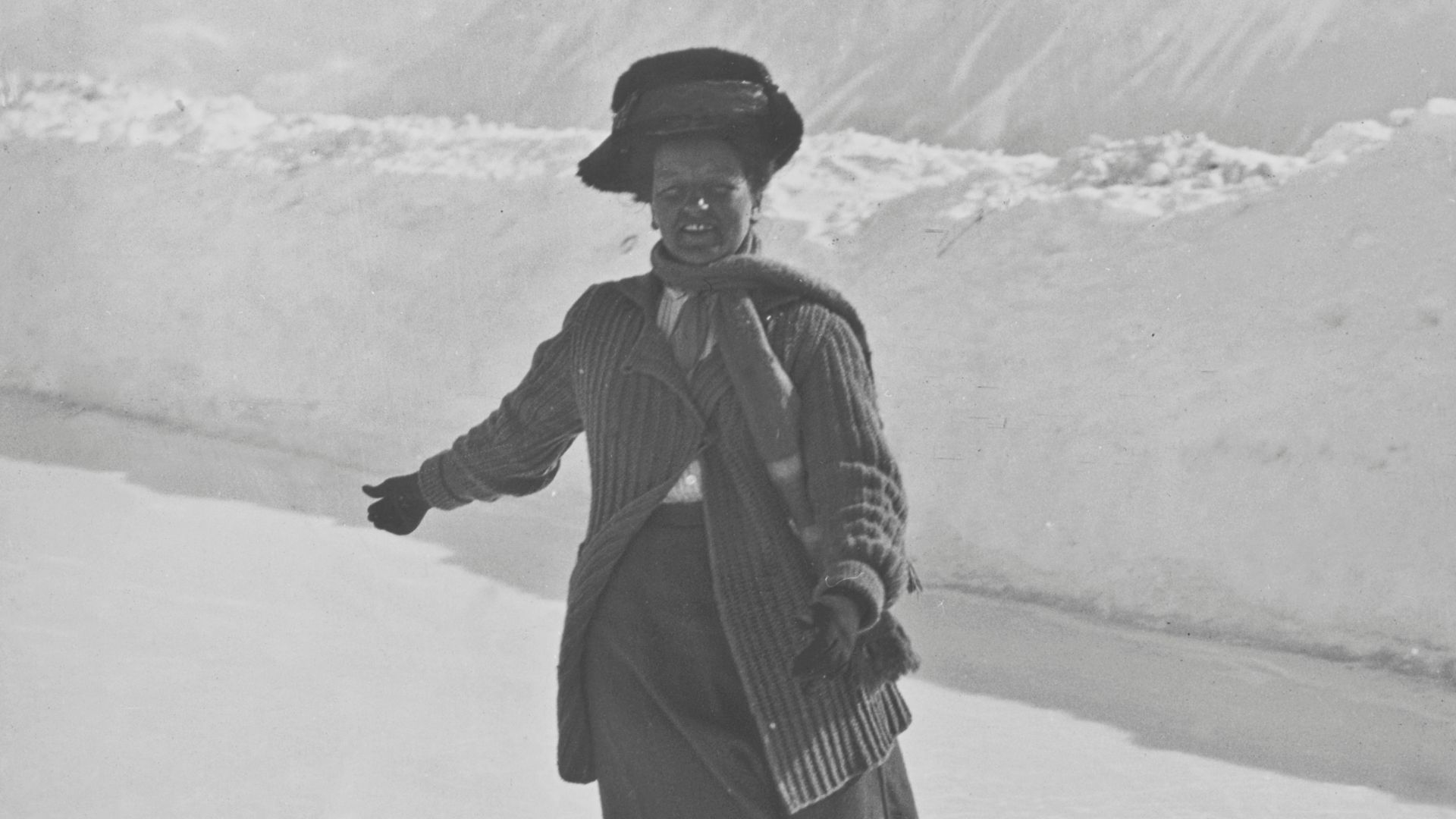
As one of the most revered explorers, Fanny Bullock Workman was one of the first female professional mountaineers, exploring the Himalayan mountain range extensively. She wrote about her travels and set several women’s altitude records, championing women’s rights and suffrage along the way. Following her adventures in India and Nepal, Fanny became the first American woman to lecture at the Sorbonne and the second to speak at the Royal Geographical Society. Demonstrating that women could climb in high altitudes just as well as men, she helped break down the gender barrier in mountaineering, receiving many medals in the process.
Lesley Blanch
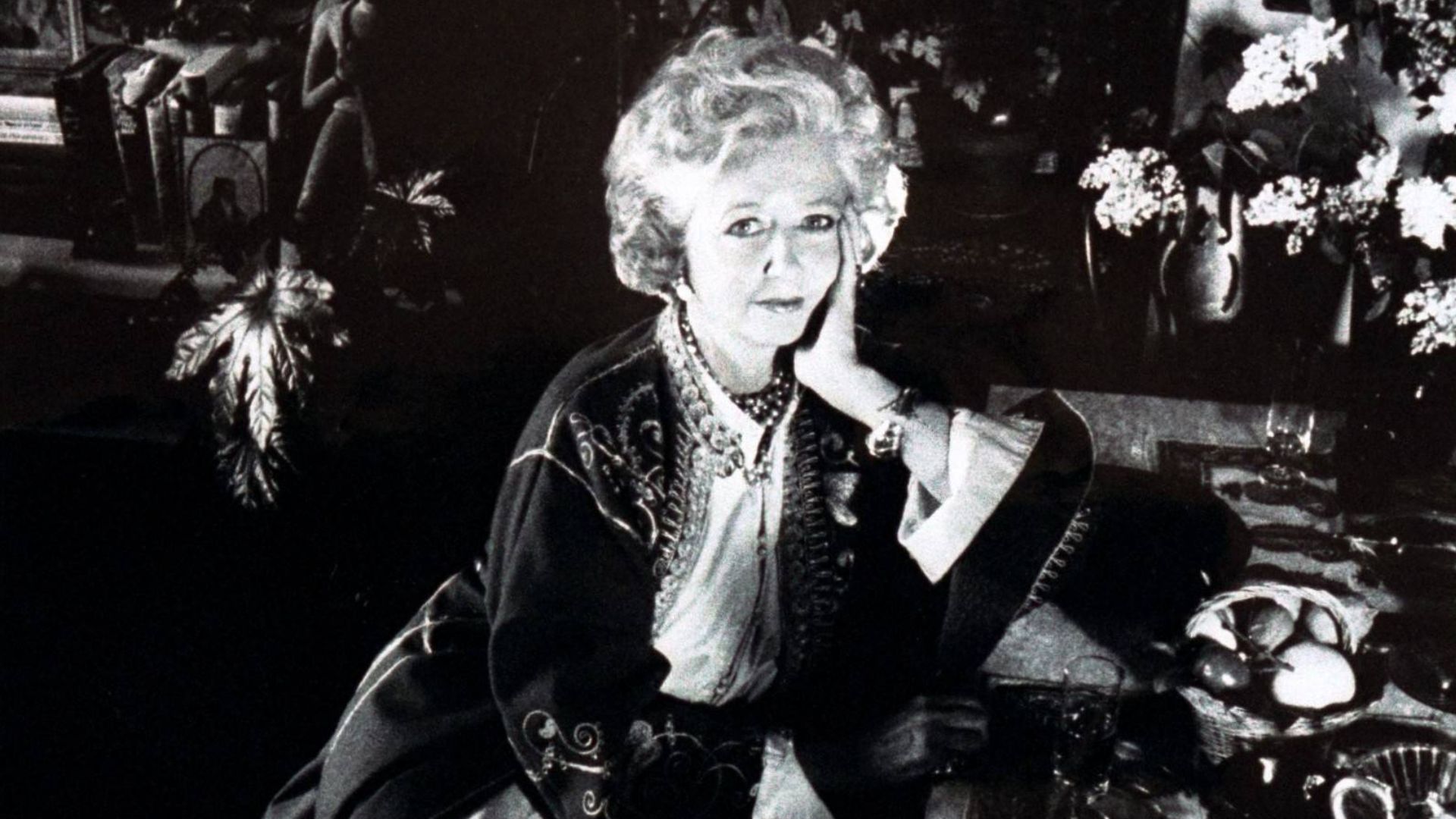
Ahead of her time, travel writer Lesley Blanch lived life on her own terms at a time when women were expected to stay at home, pandering to the needs of a husband and children. Her adventures took her to Russia, The Balkans, The Middle East, Turkey, and Afghanistan. When asked by interviewer, Jim Blackburn, what inspired her to write her bestselling book, The Wilder Shores of Love - a group biography about four strong women who turned East, away from nineteenth-century Europe and conventional living - Blanch replied, “Seeing young Englishwomen spoiling their lives tapping away at typewriters, and then watching them trudge home over Waterloo Bridge. I wondered how different their lives would have been if they’d managed to get away.”
Valentina Vladimirovna Tereshkova
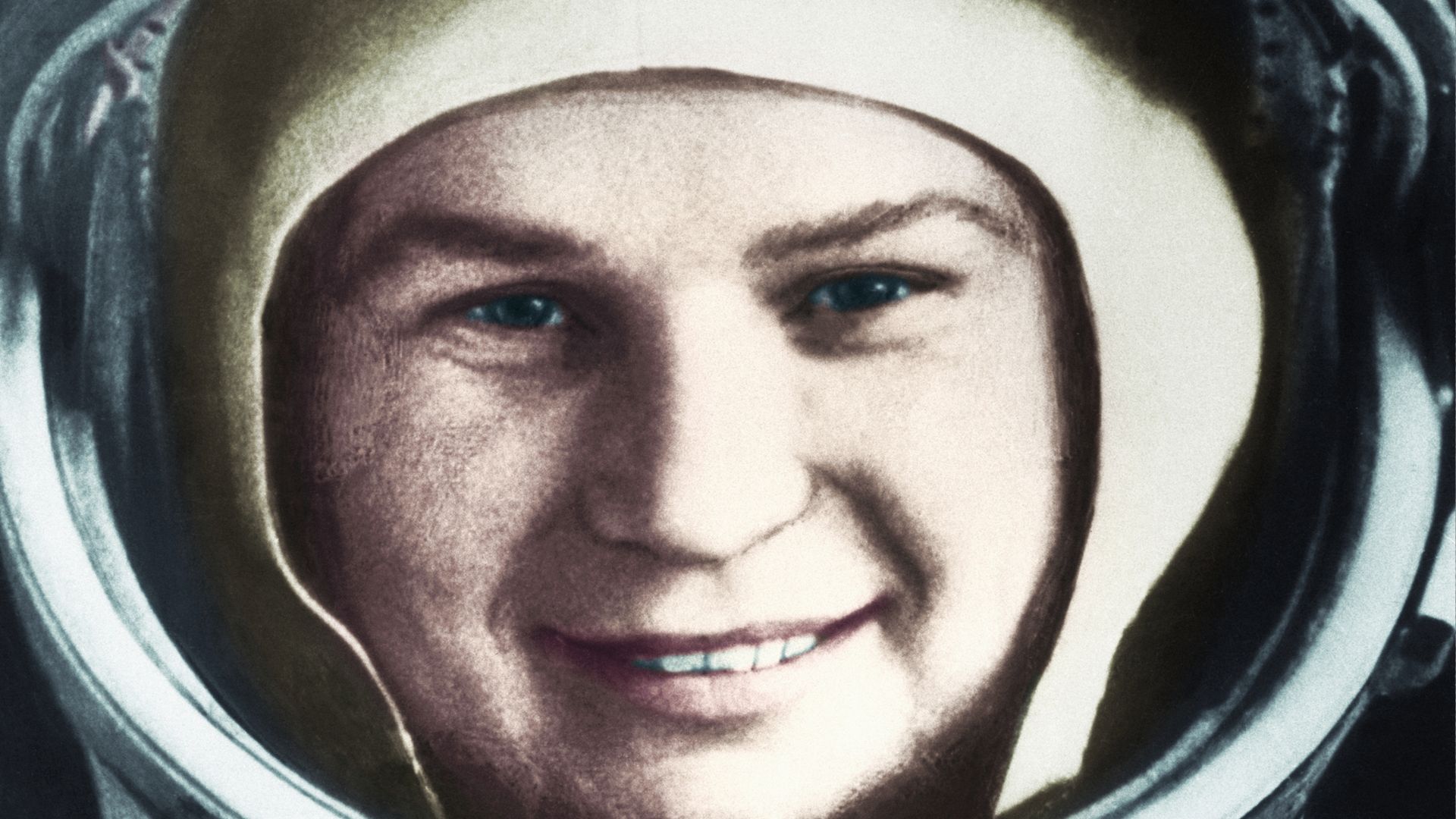
Valentina Vladimirovna Tereshkova became the first woman in space and remains the only woman to have flown into space solo - she was just 26 years old at the time of the mission. A few days after her return from space, around 2,000 women from 119 countries greeted Tereshkova at an International Women's Congress, cementing her place in history as one of the world’s greatest female adventurers.
Annie Smith Peck
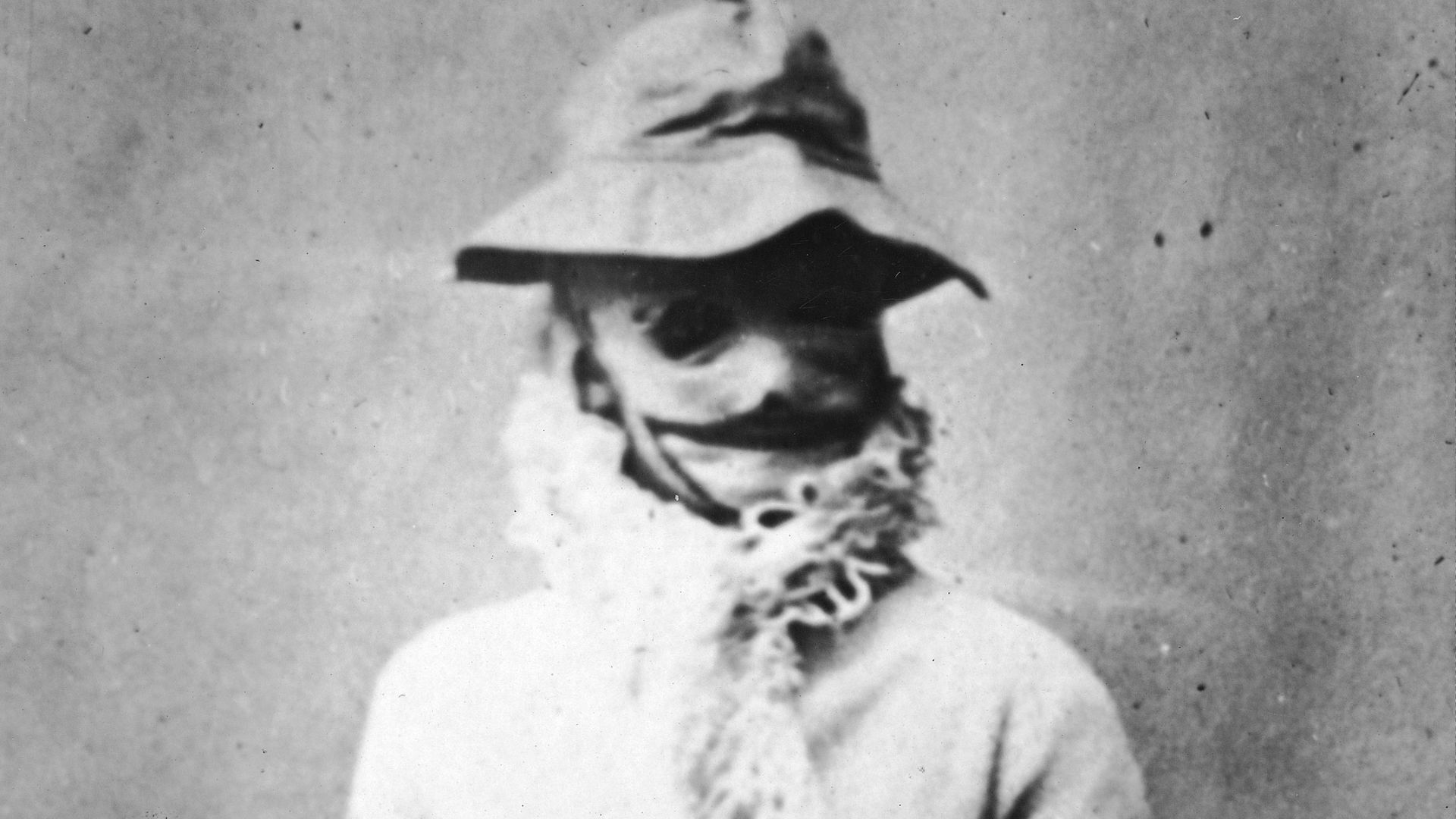
As a staunch suffragist, Annie Smith Peck made headlines across the globe when she hung a “Votes for Women” banner on the summit of Mount Coropuna (a volcano in Peru) in 1909. Famed for summiting the Matterhorn in pants, Peck was the first mountaineer to climb Mount Huascarán in Peru subsequently writing four books encouraging women to travel and explore.
Ida Pfeiffer
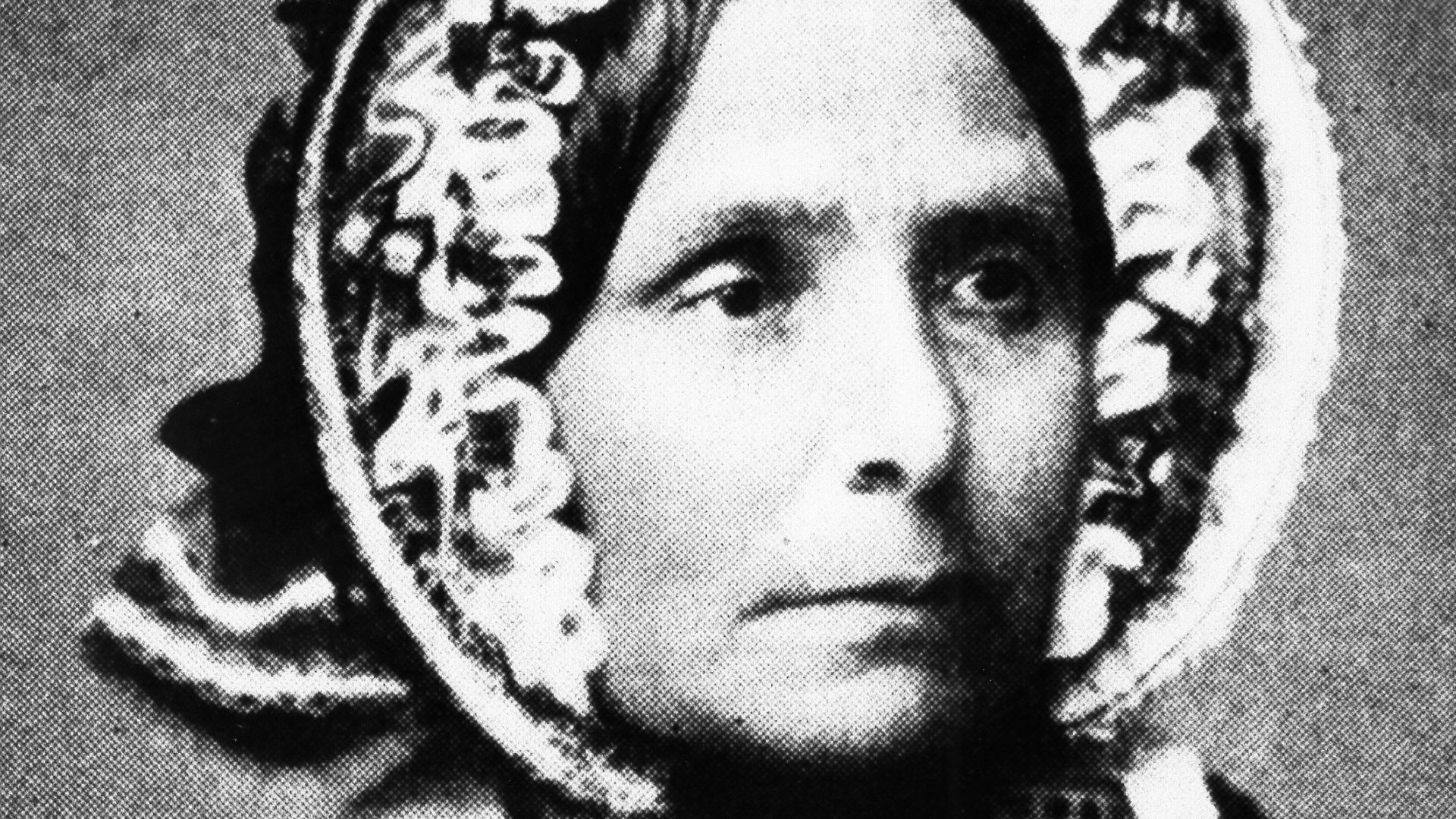
Often credited as the world's first solo female travel writer, Ida Pfeiffer traveled extensively across Southeast Asia, the Middle East, and Africa, including two trips around the world from 1846 to 1855. Her travels took her on multi-year jaunts in her late 40s and 50s from which she brought a huge amount of botanical and geographical knowledge back to Europe.
Harriet Chalmers Adams
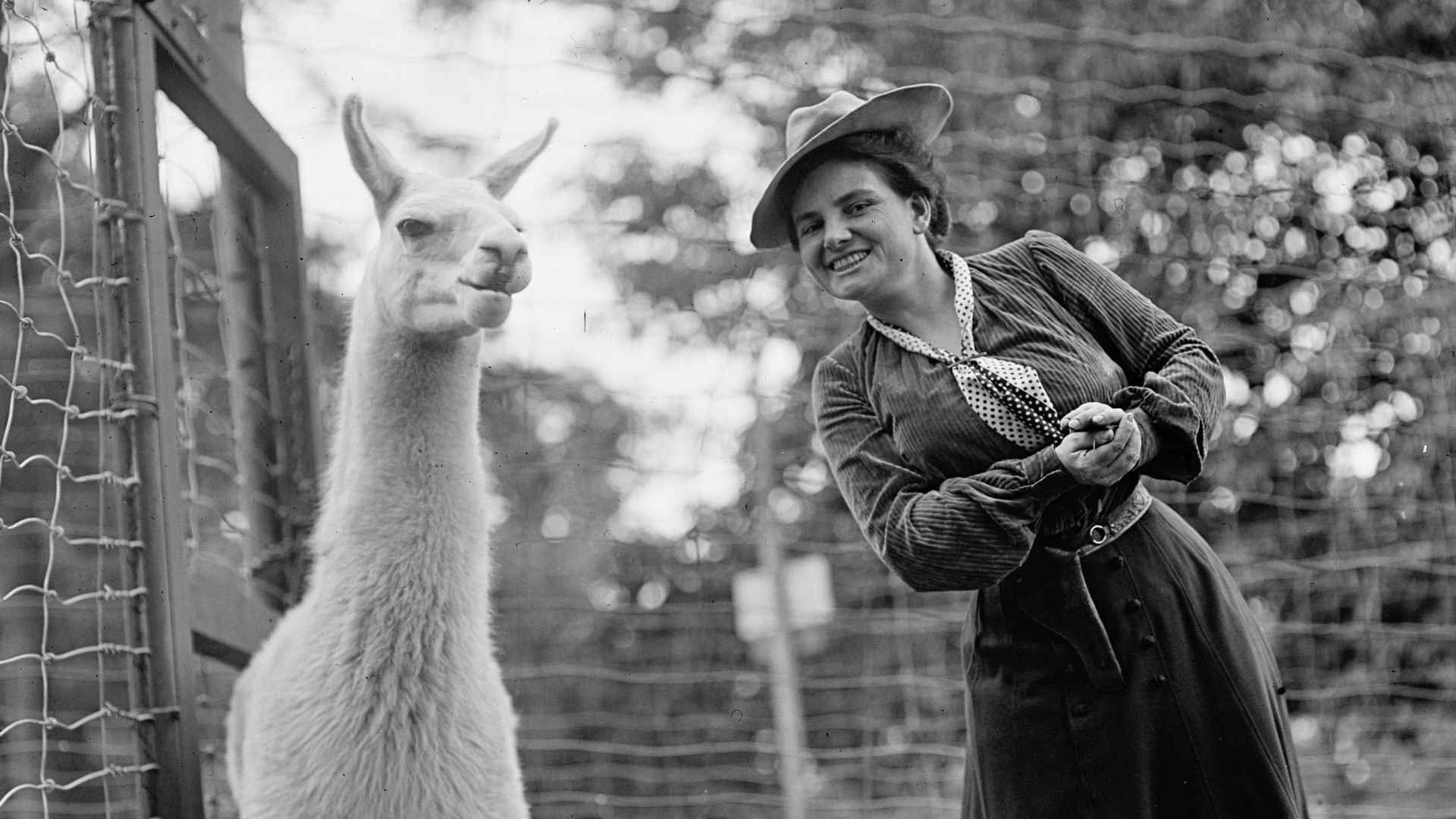
According to National Geographic, “Harriet Chalmers Adams traversed Latin America on horseback, retraced Columbus’ route, and was the only female journalist allowed on the French frontlines of WWI” making her one of the greatest female explorers of all time. The intrepid adventurer set off to Latin America at the age of 26, covering 40,000 miles by horse, canoe, foot, and train alongside her husband Franklin Pierce Adams. When asked by a newspaper in 1920 about her love of travelling, she replied, “There is no reason why a woman cannot go wherever a man goes. If a woman is fond of travel, if she has love of the strange, the mysterious and the lost, there is nothing that will keep her at home…”
Elizabeth Luard
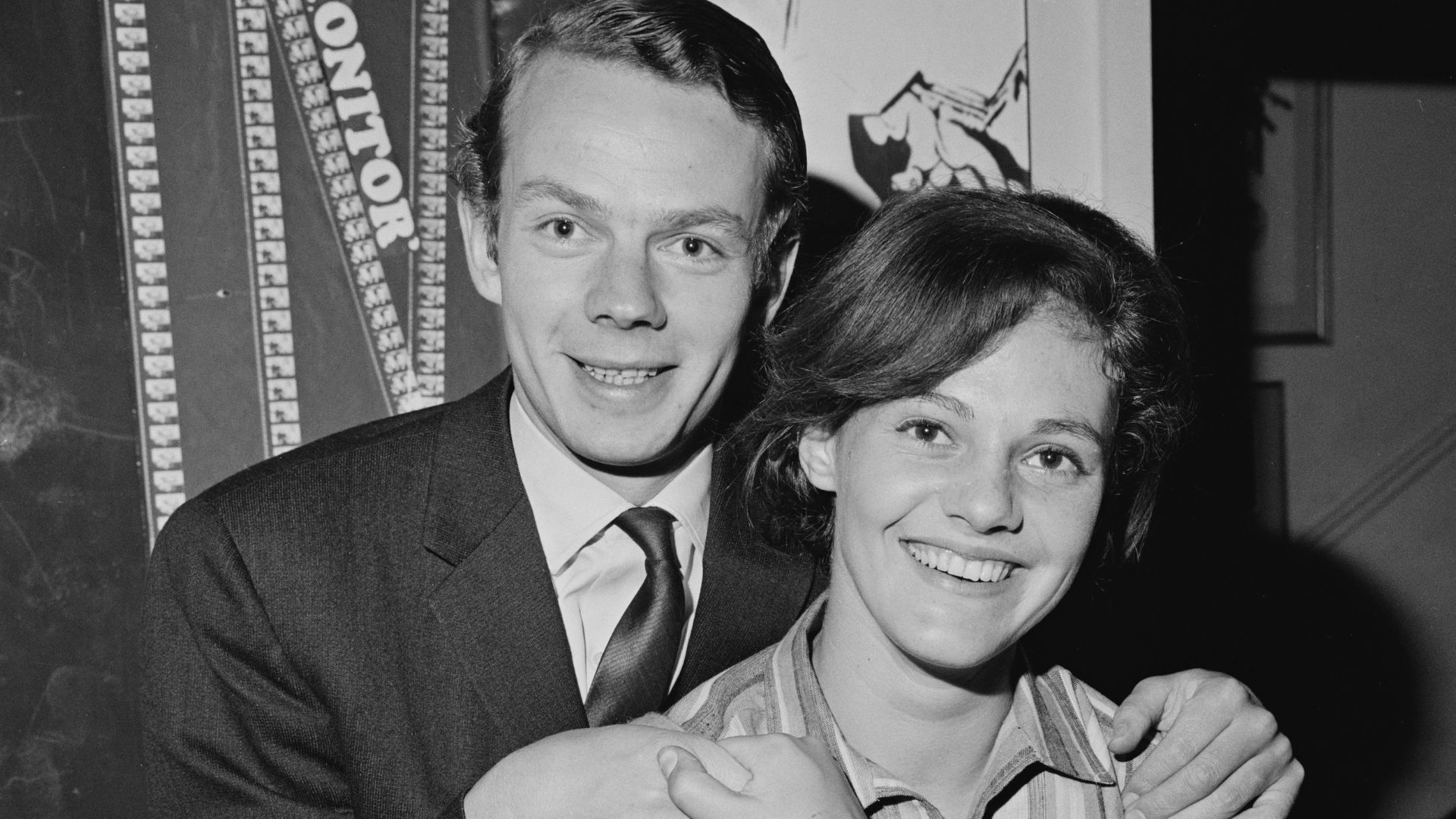
With an appetite for storytelling, Elizabeth Luard has spent much of her life travelling and living in other countries with her work as a journalist and writer allowing her to explore places, people, and culinary traditions with ease. For over 40 years she has contributed to magazines and newspapers, more often than not writing about food and gastronomy.
Jan Morris
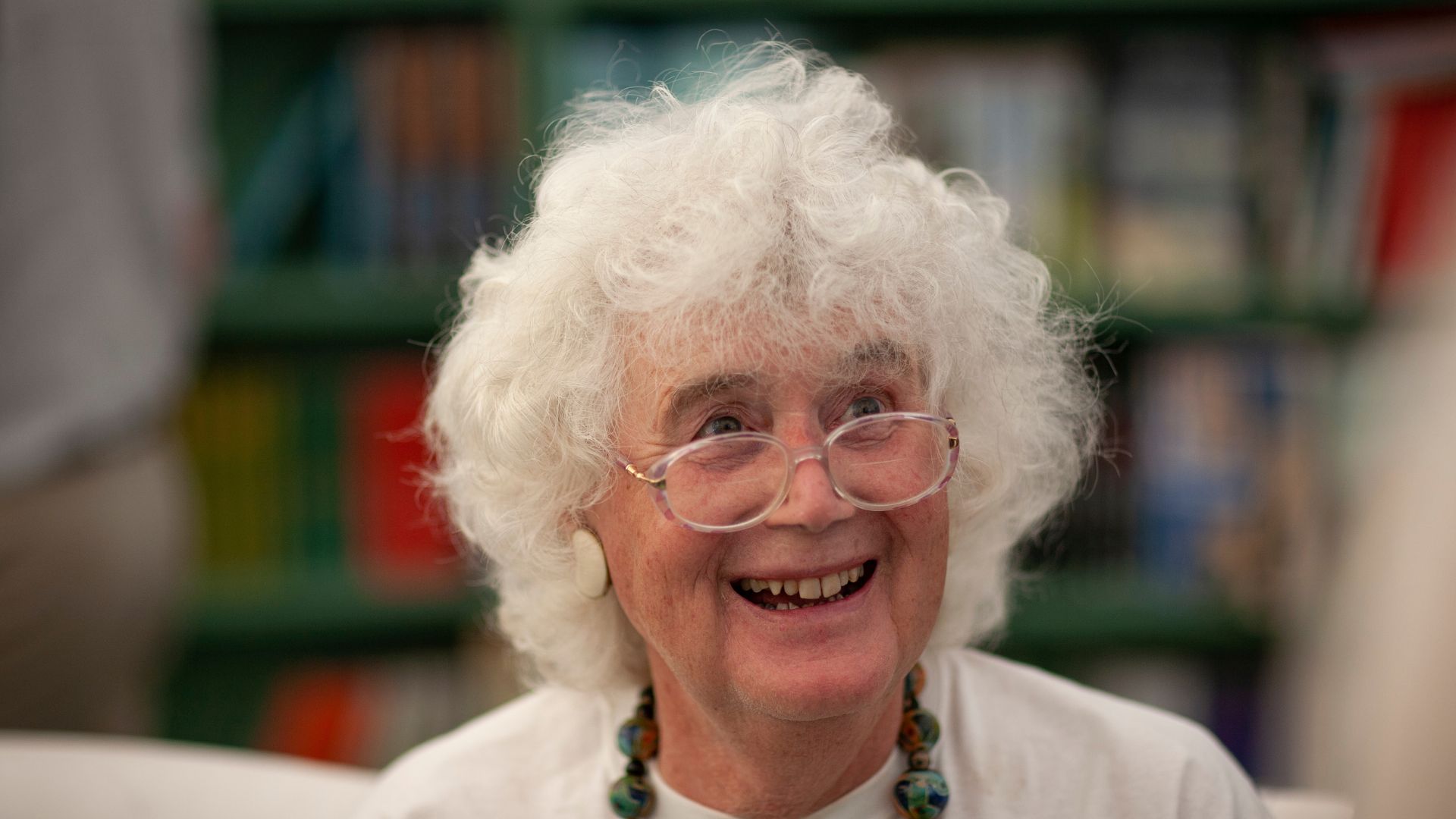
As a member of the 1953 British Mount Everest expedition, which made the first ever confirmed ascent of the mountain, Jan Morris was the only journalist to accompany the expedition. But perhaps her most famed work is her three history books detailing the British Empire, from the earliest days of the East India Company to the troubled years of independence. In a televised BBC Two interview in 2016, Morris told Michael Palin that she did not like to be described as a travel writer, for her books were not about movement and journeys; they were about "places and people.”
Annie Londonderry
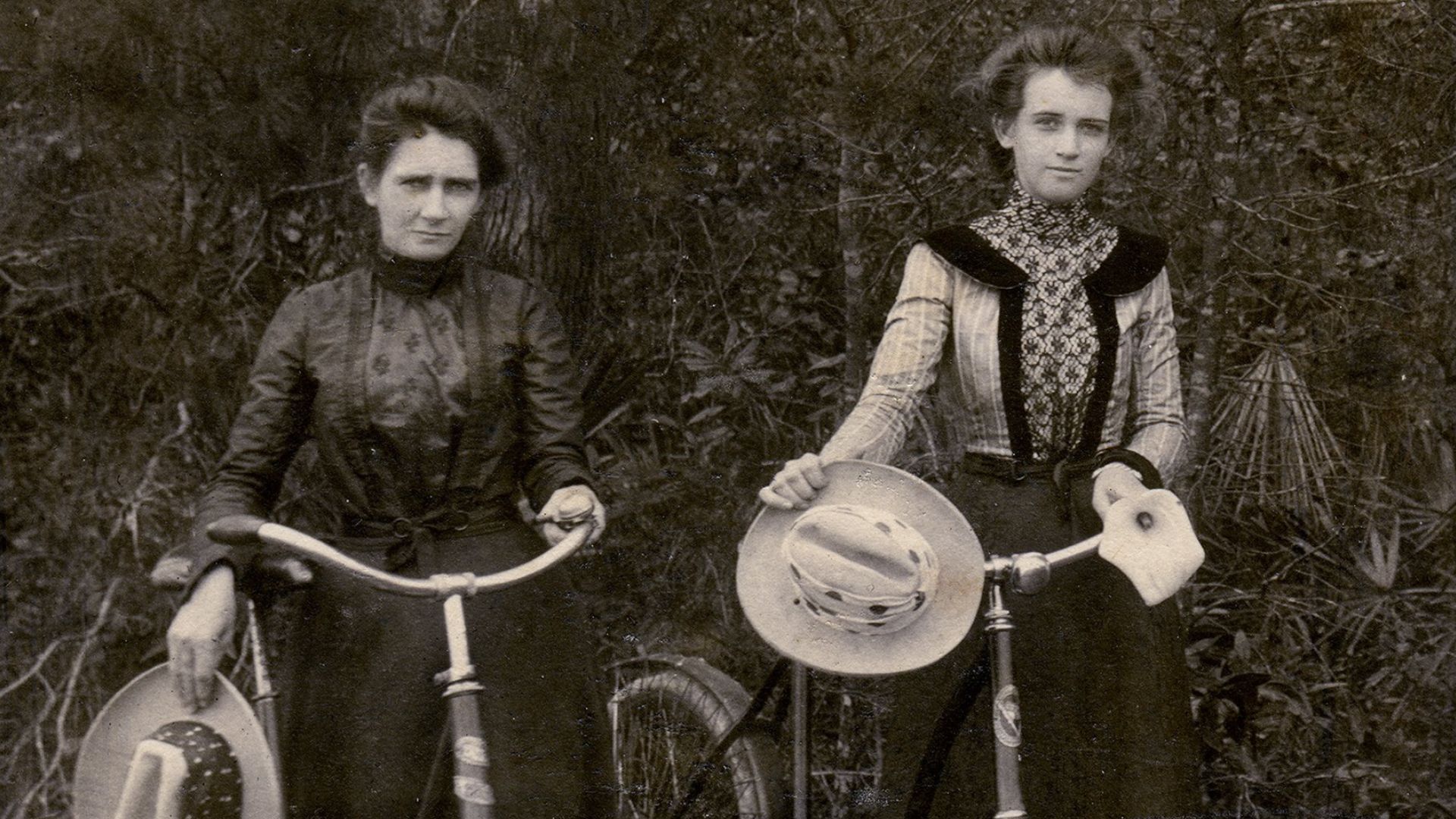
As the first woman to cycle around the world, Annie Londonderry undertook the challenge having never ridden a bicycle until a few days before the trip and as a mother of three young children aged five, three, and two - no mean feat in 1894. The trip took a total of 15 months and when she returned she published an account of her exploits in the New York World becoming a beacon for female independence and adventure.







